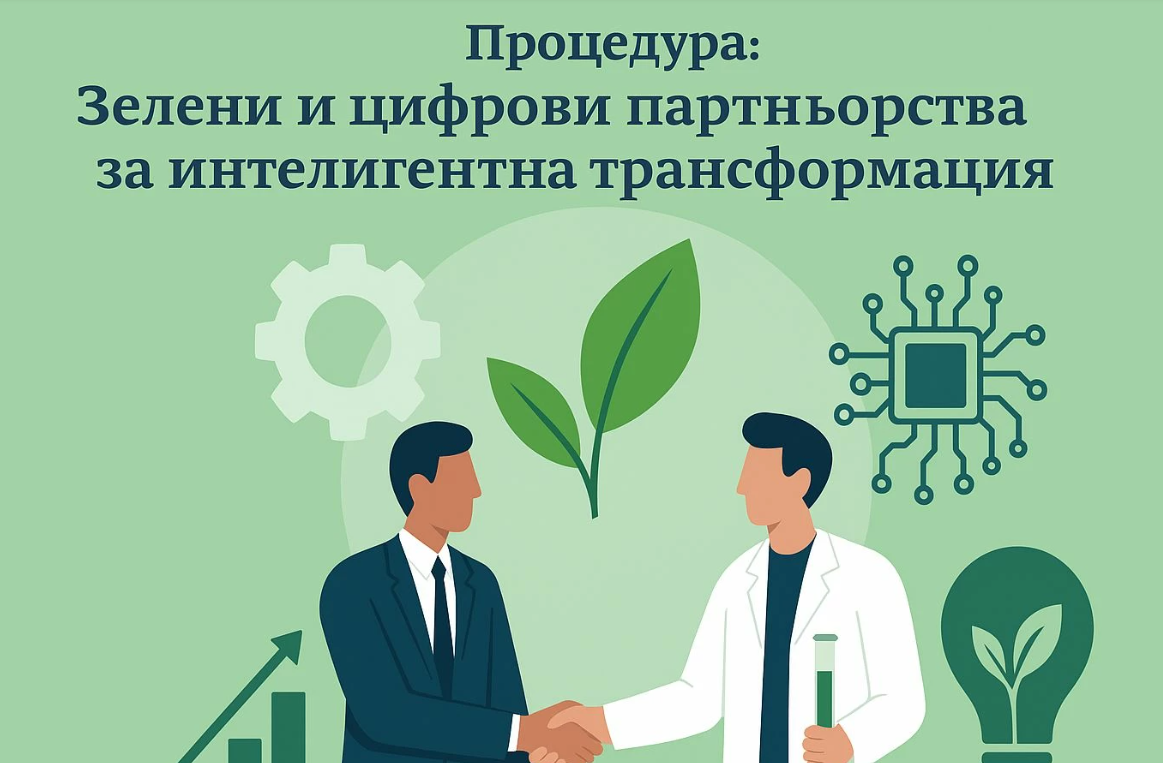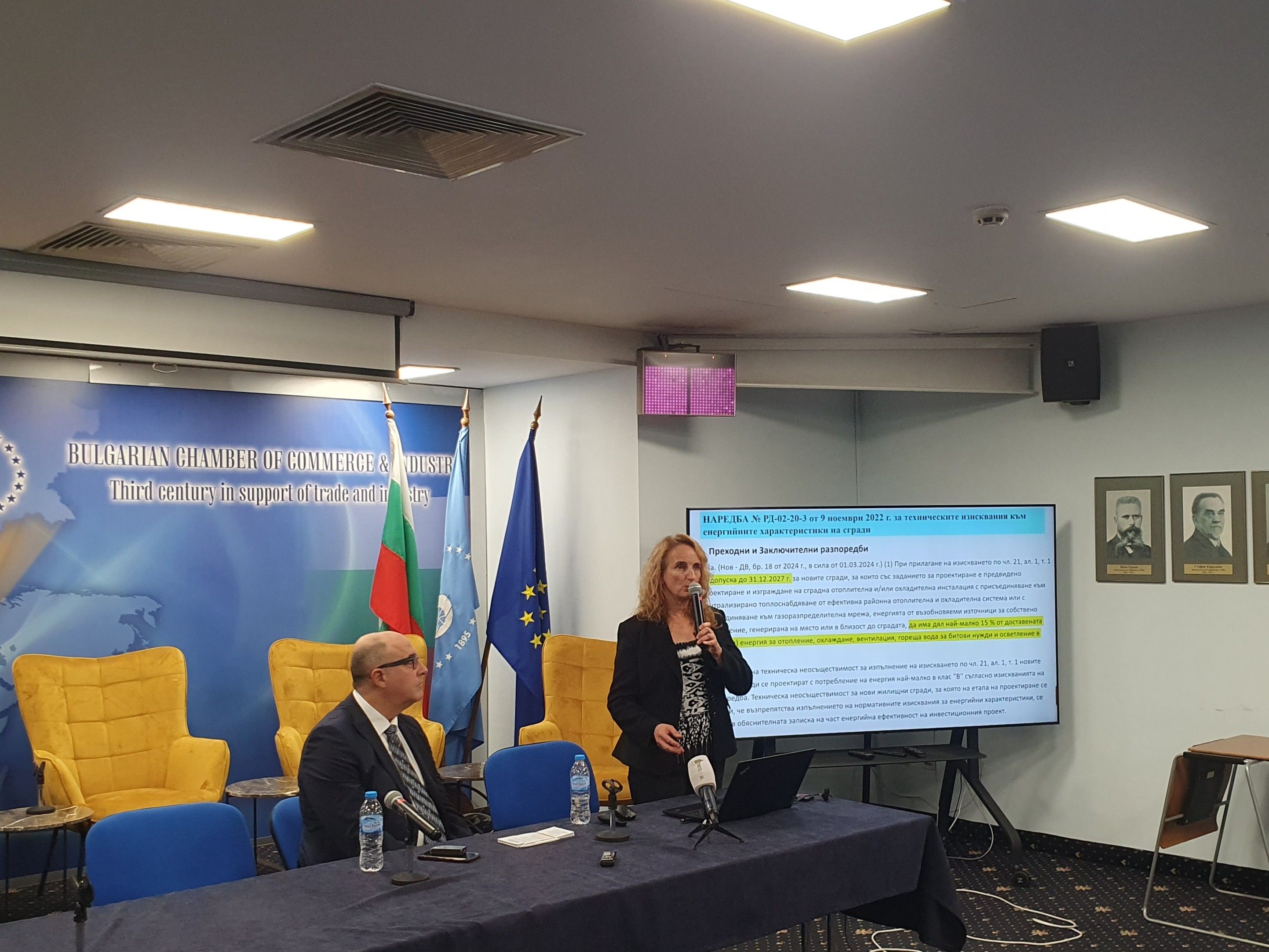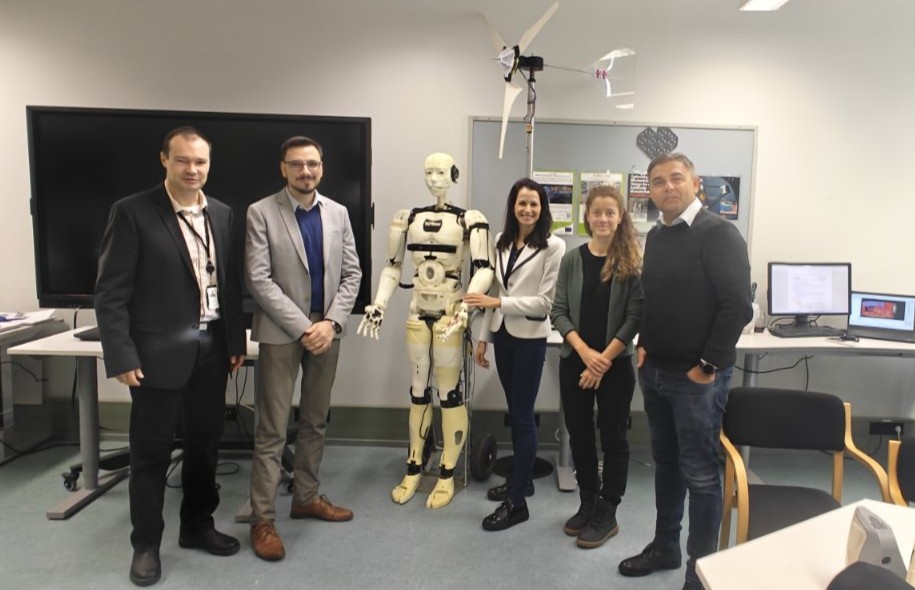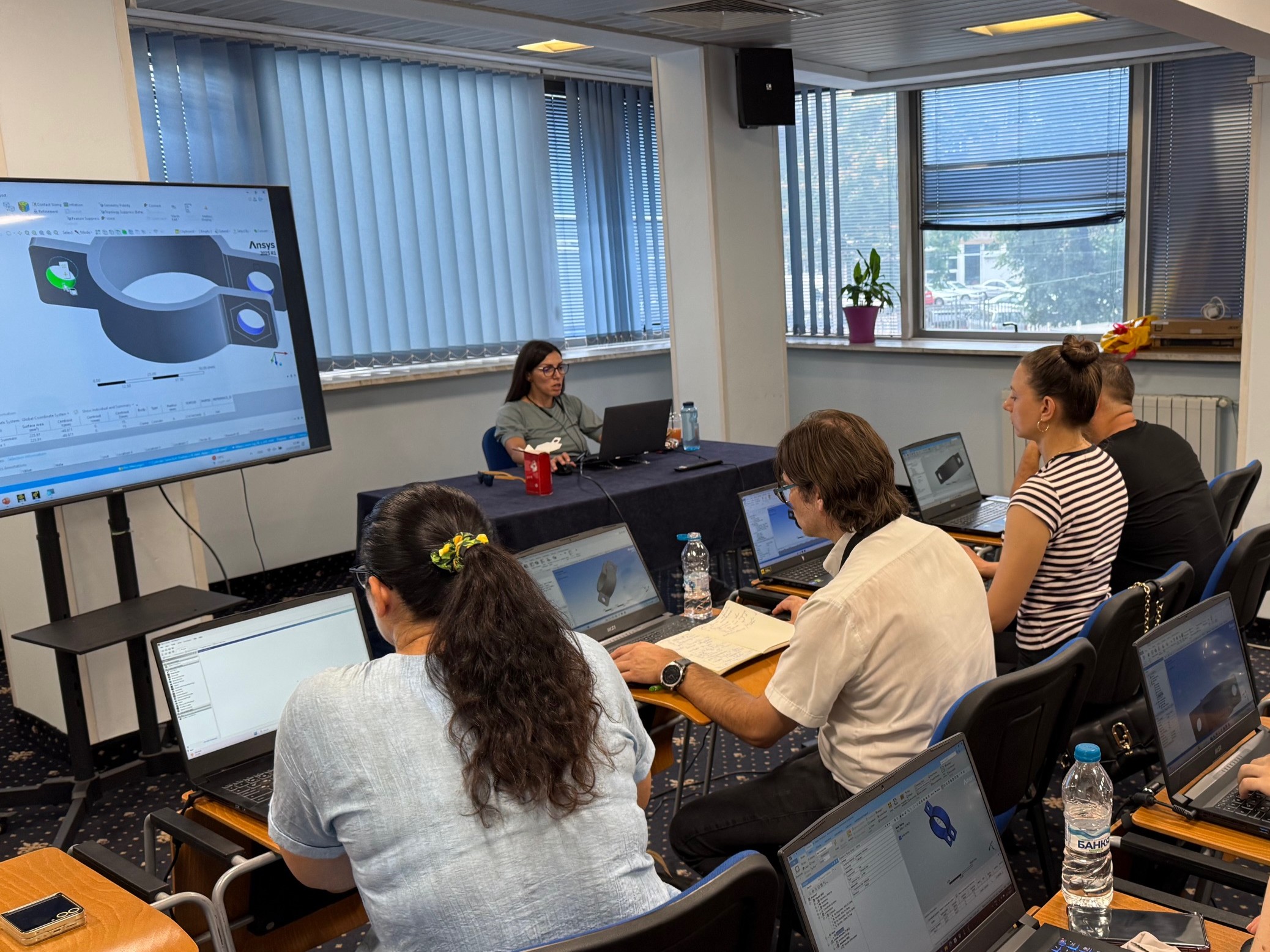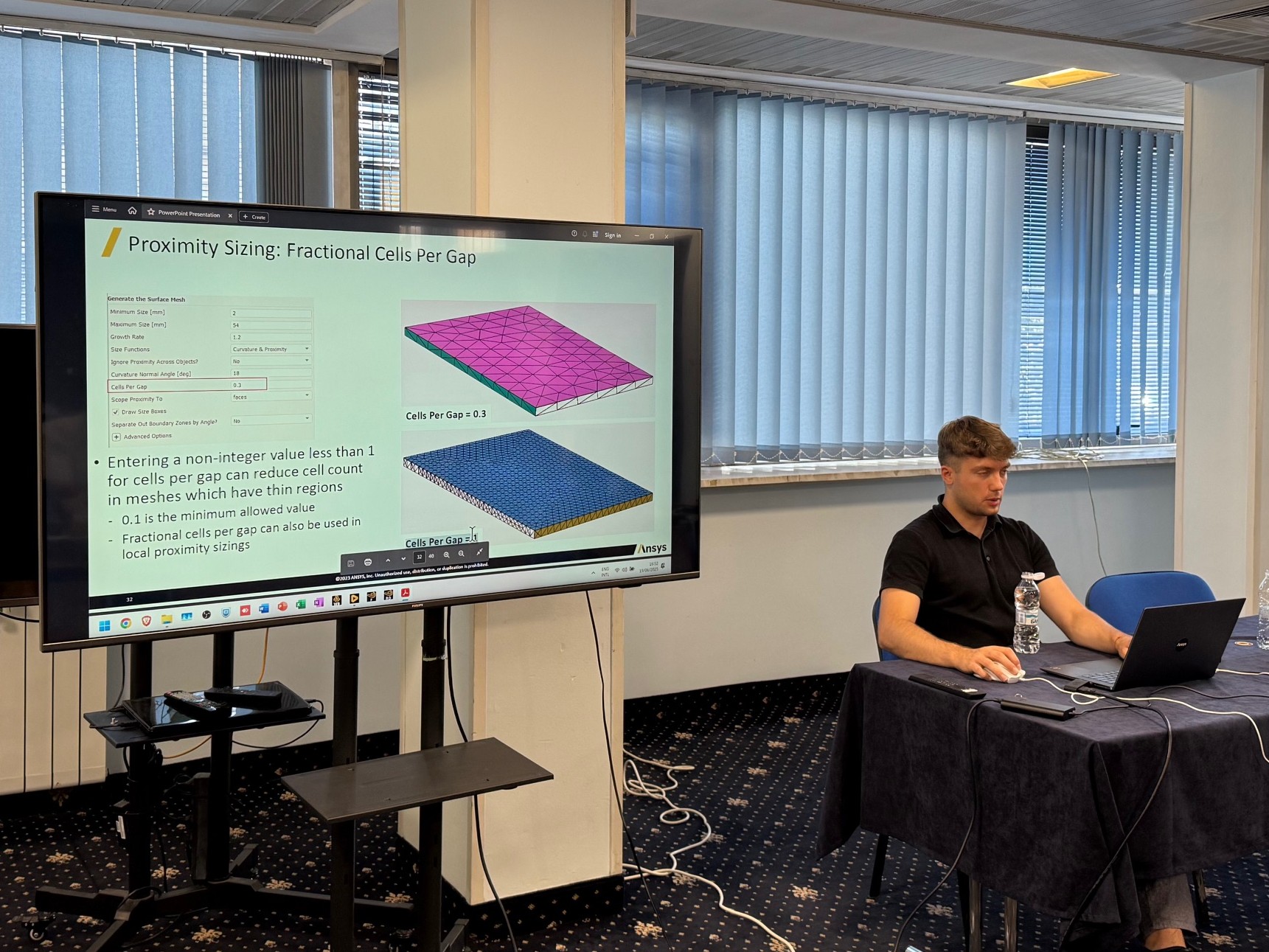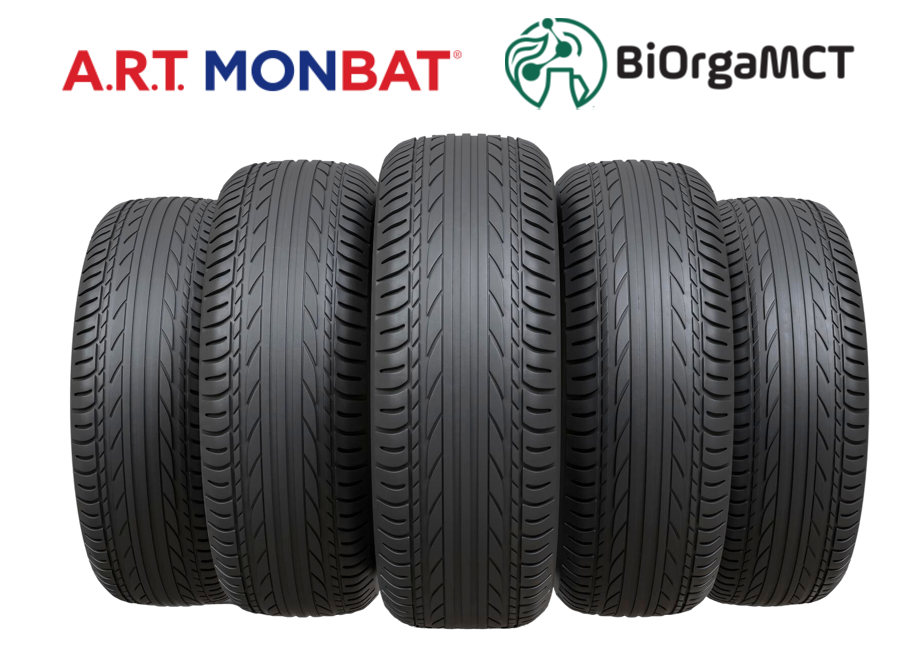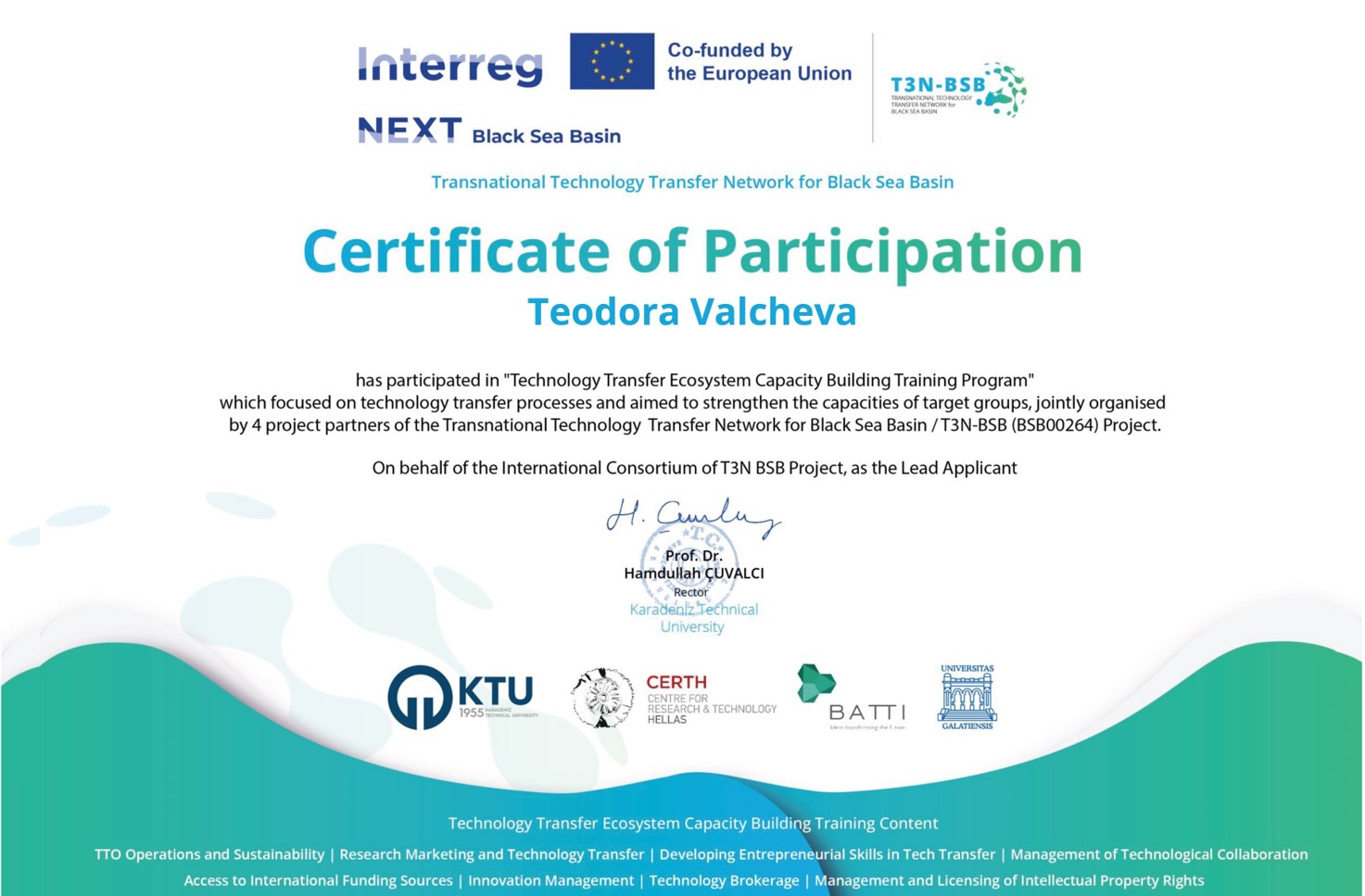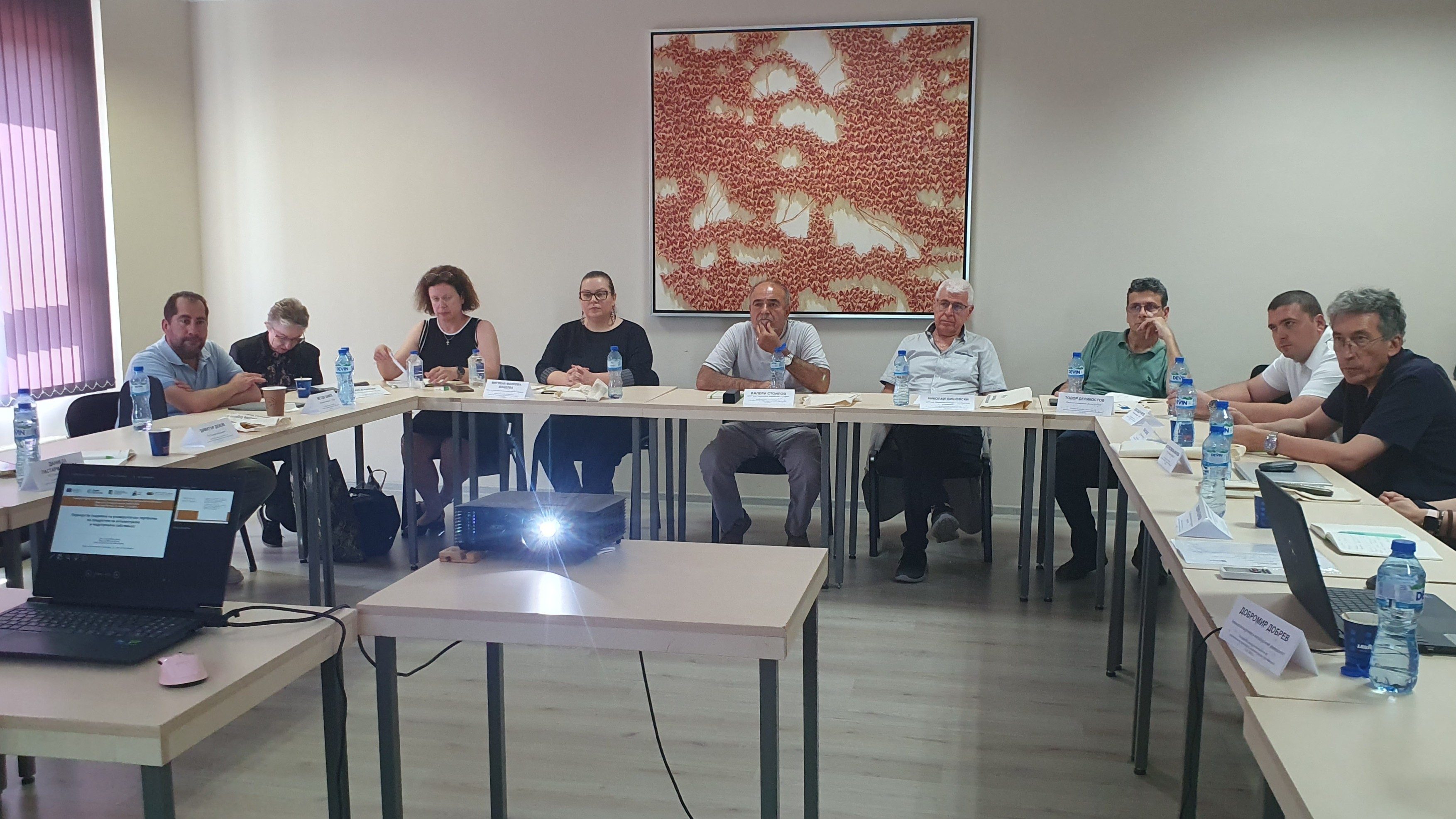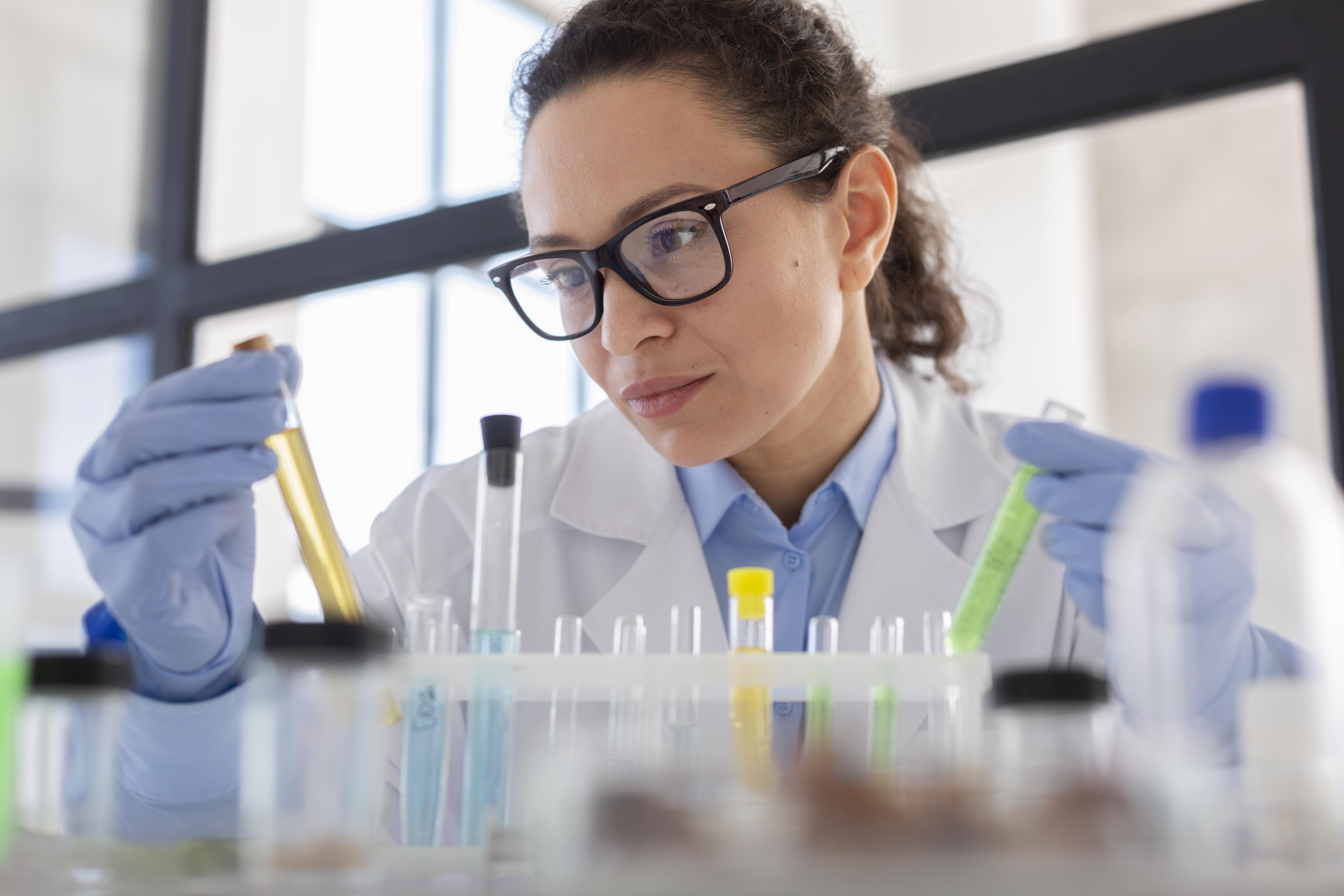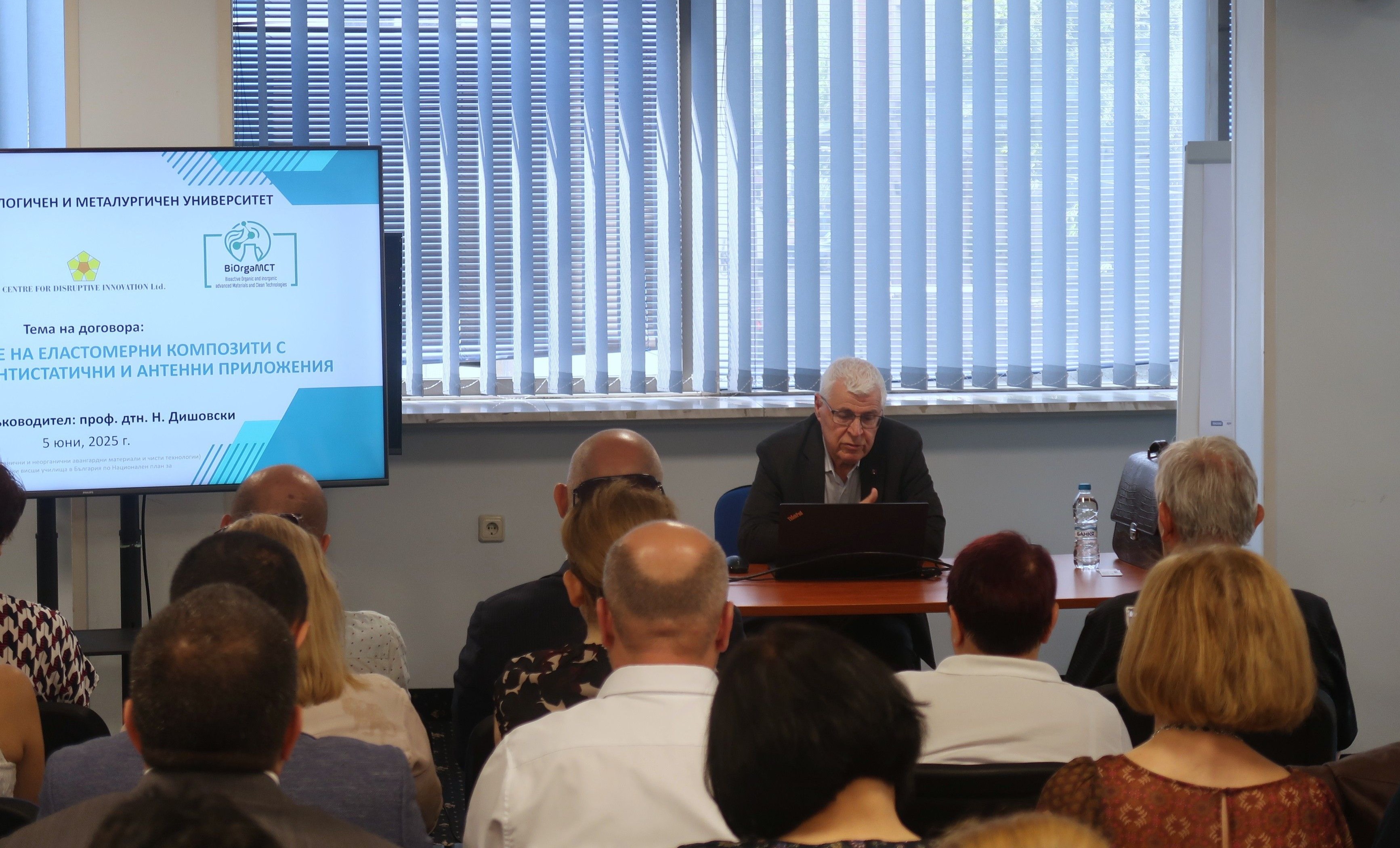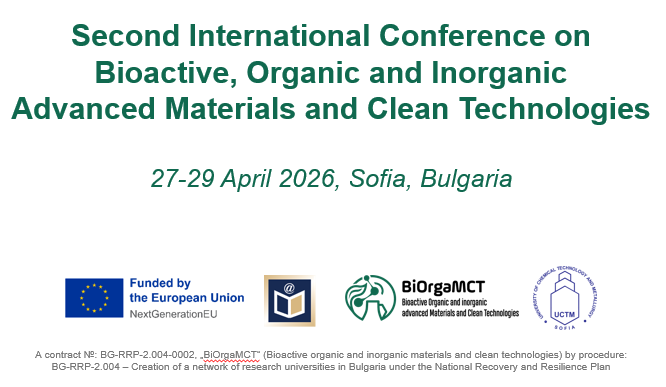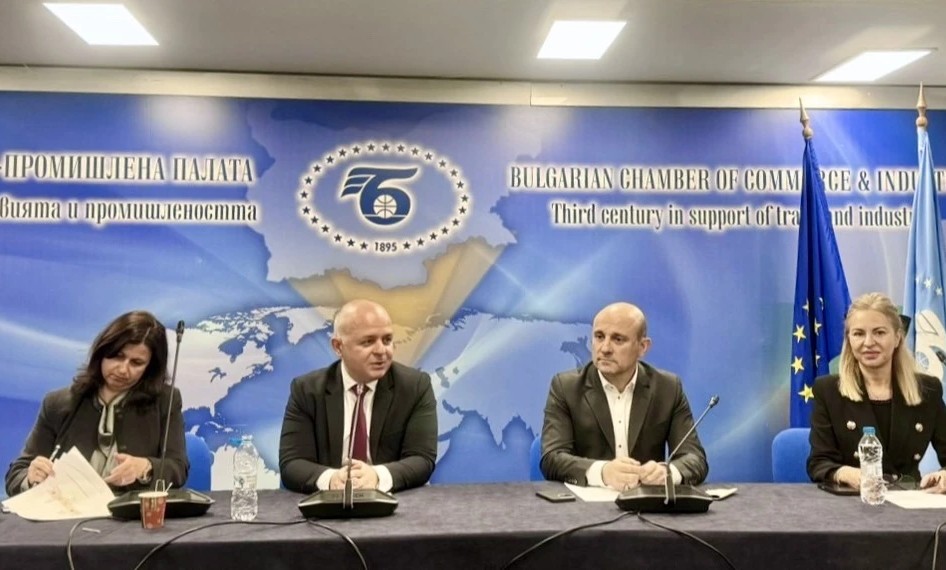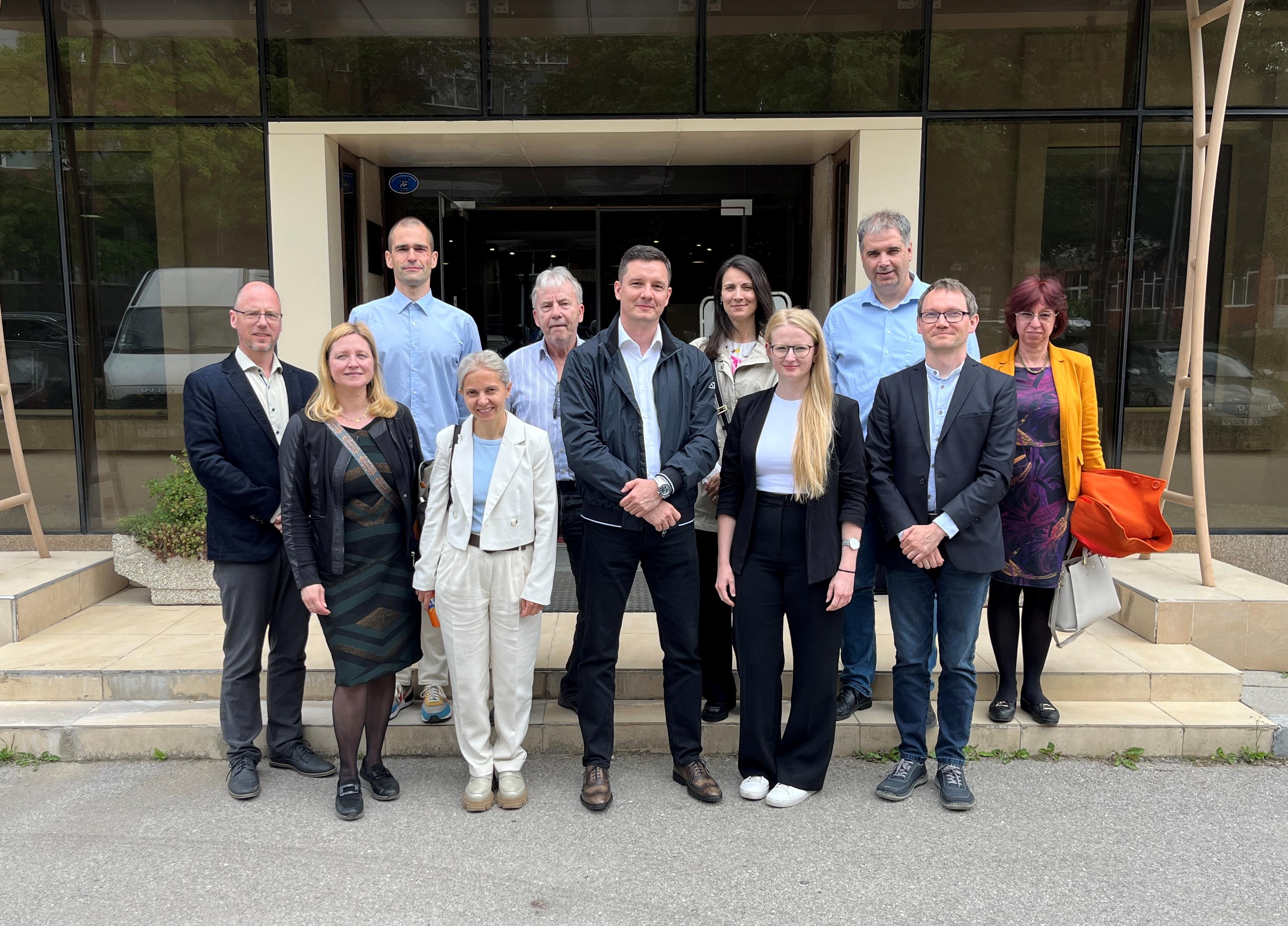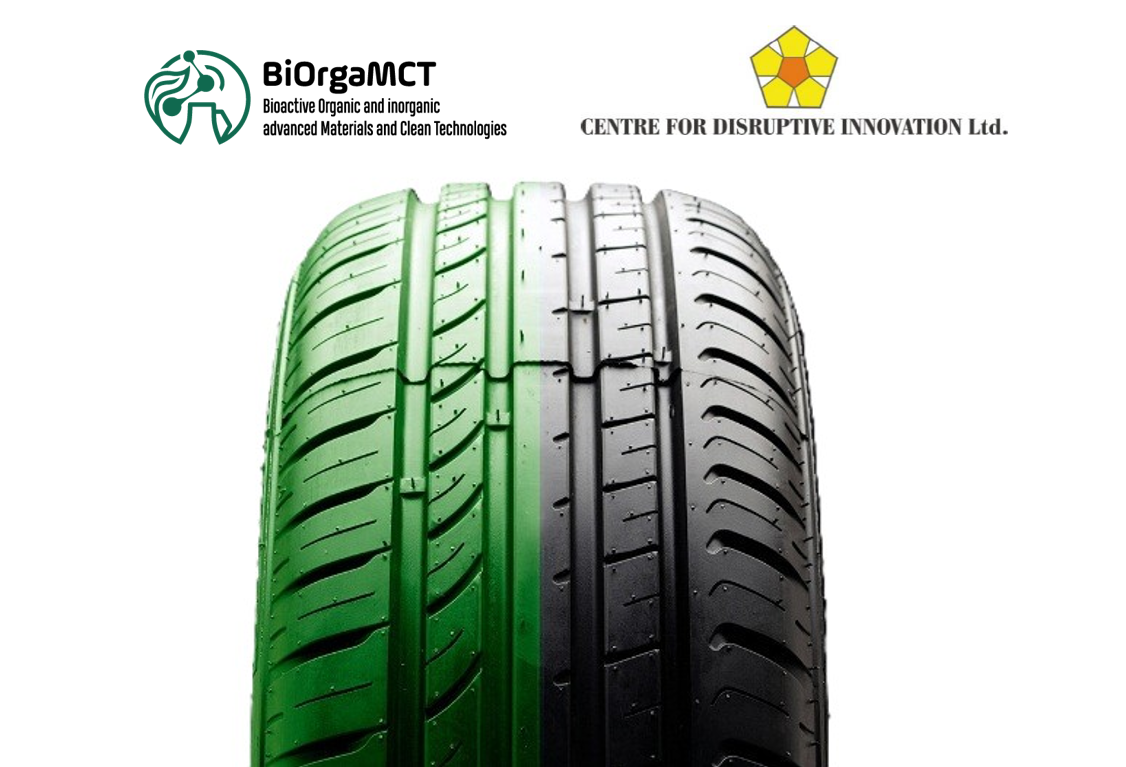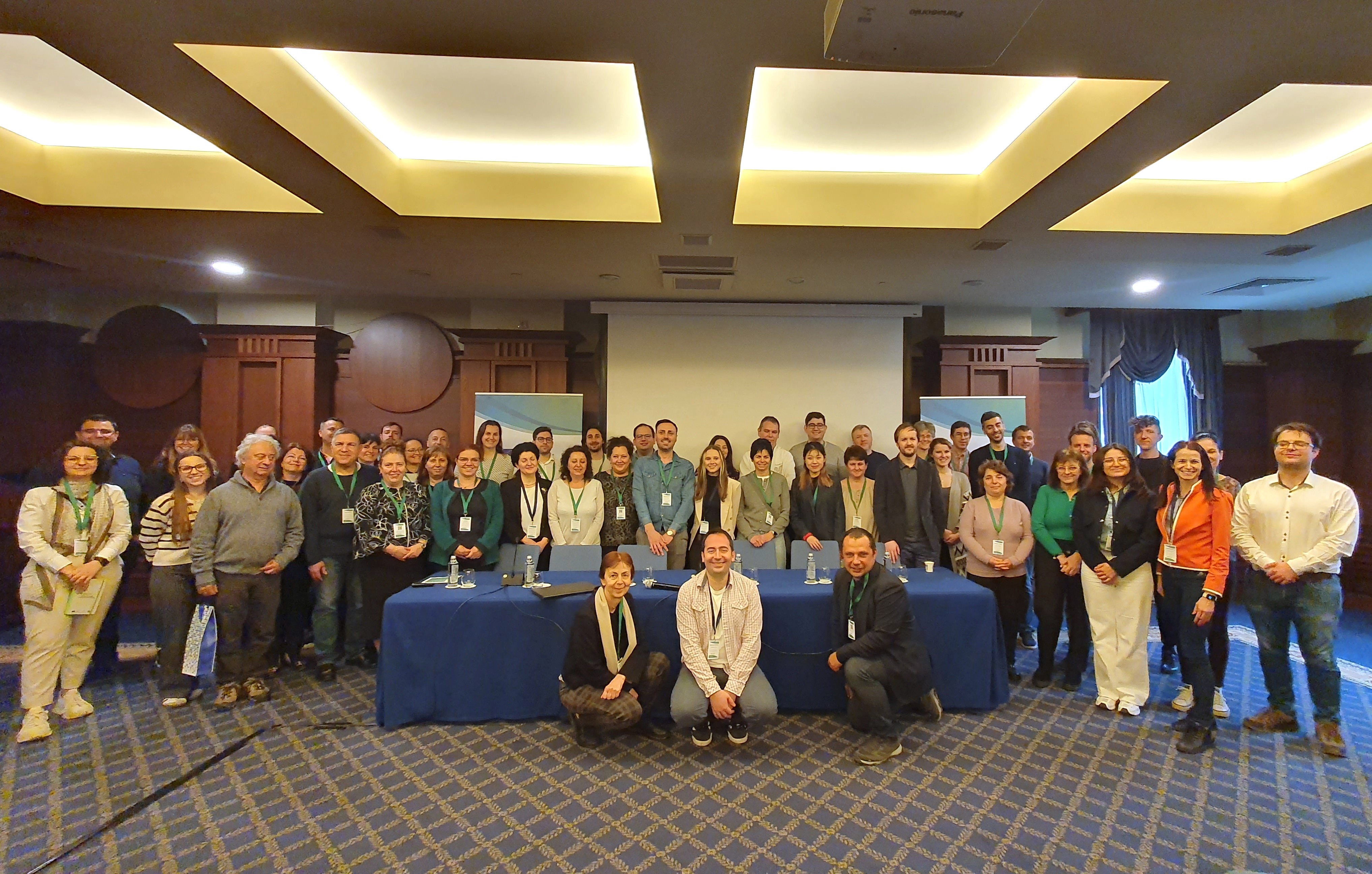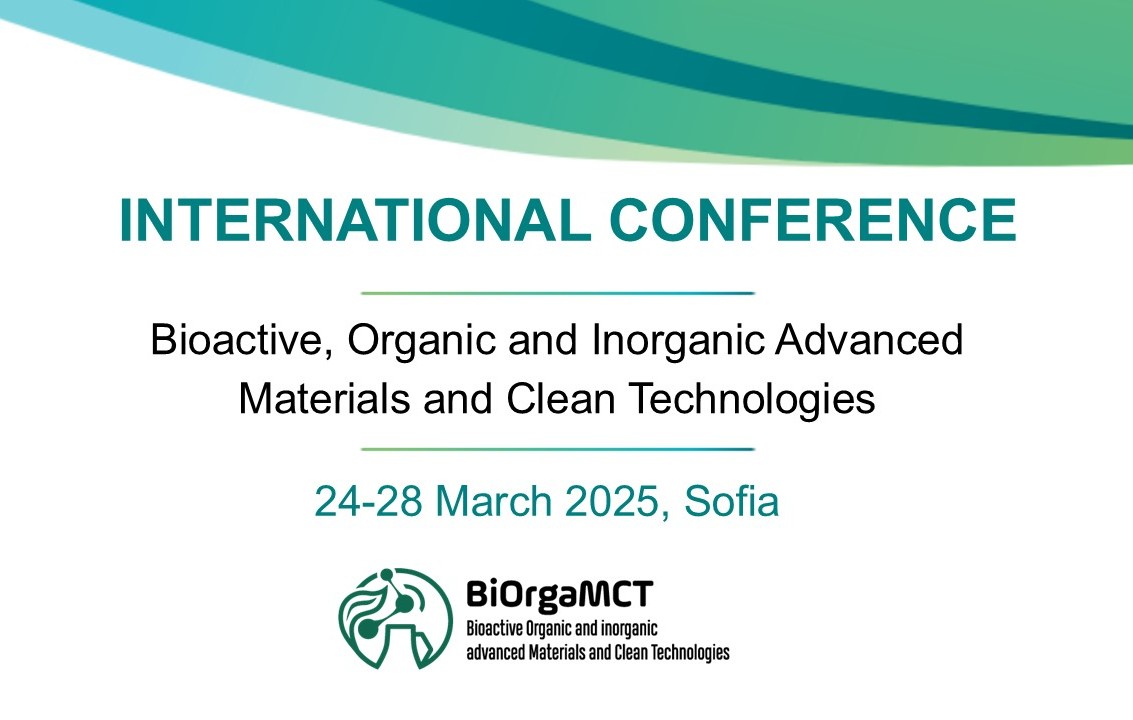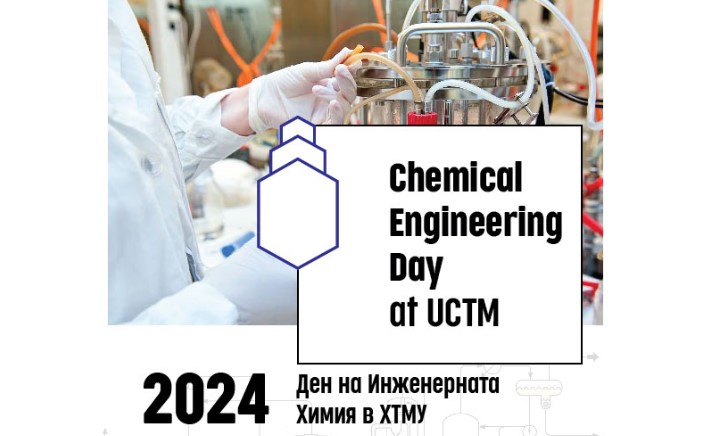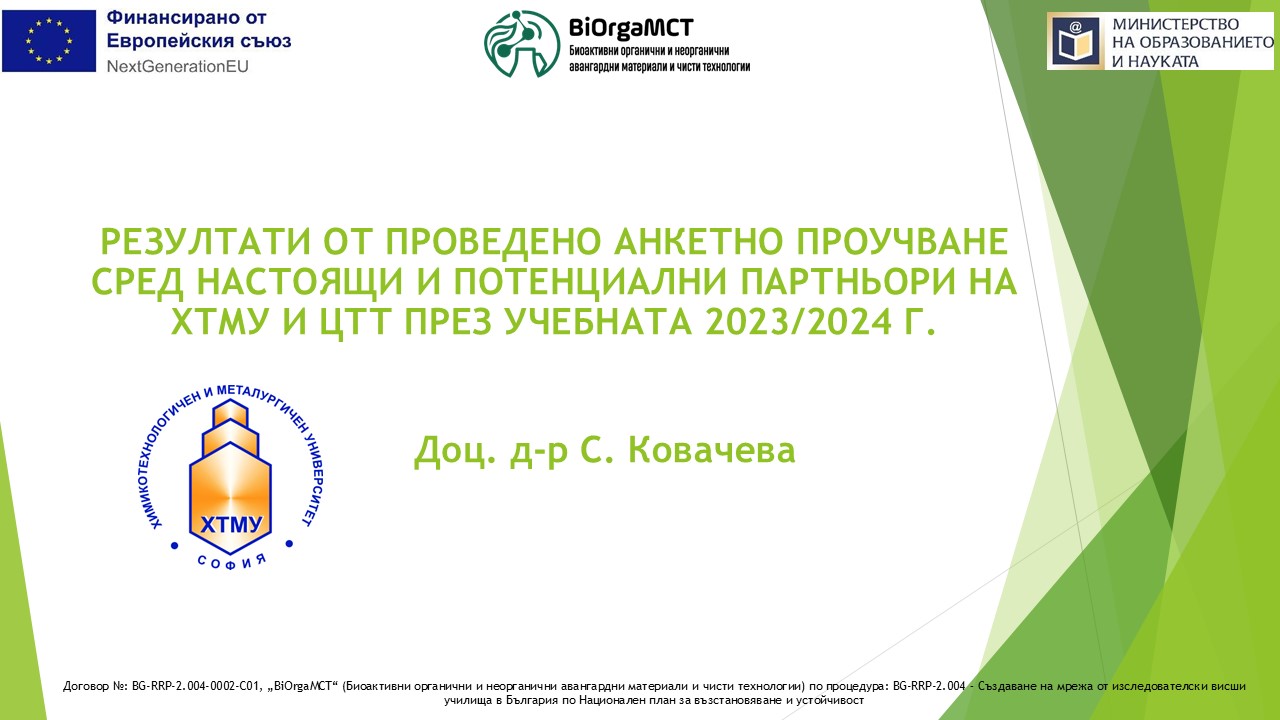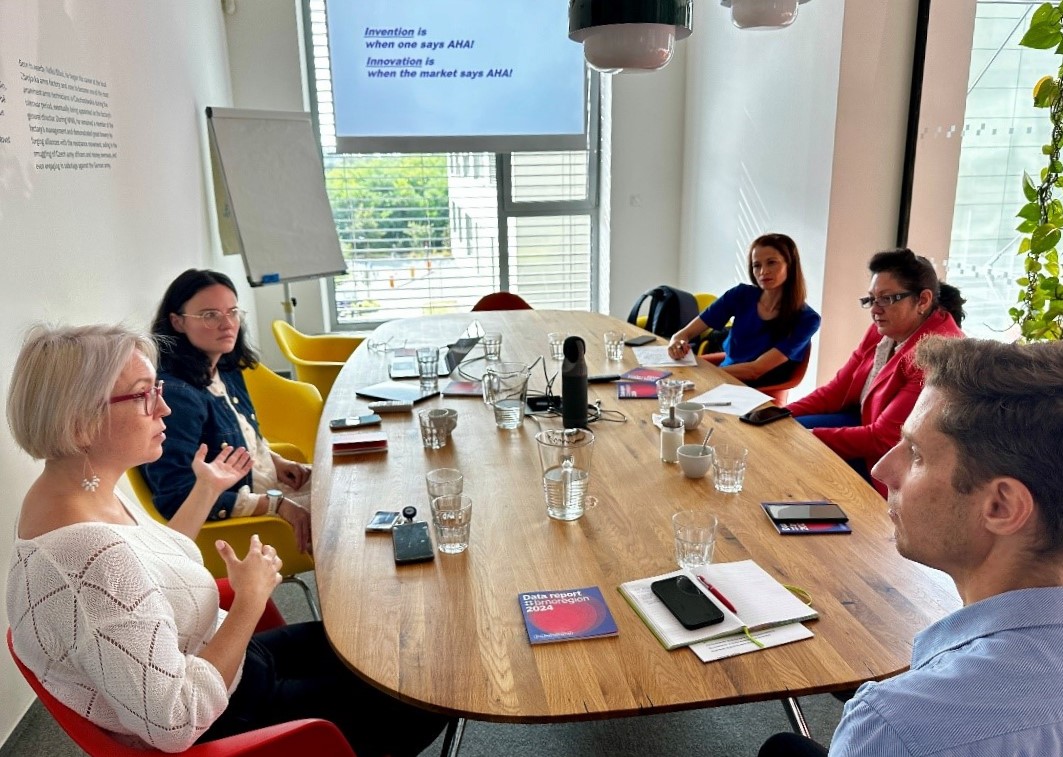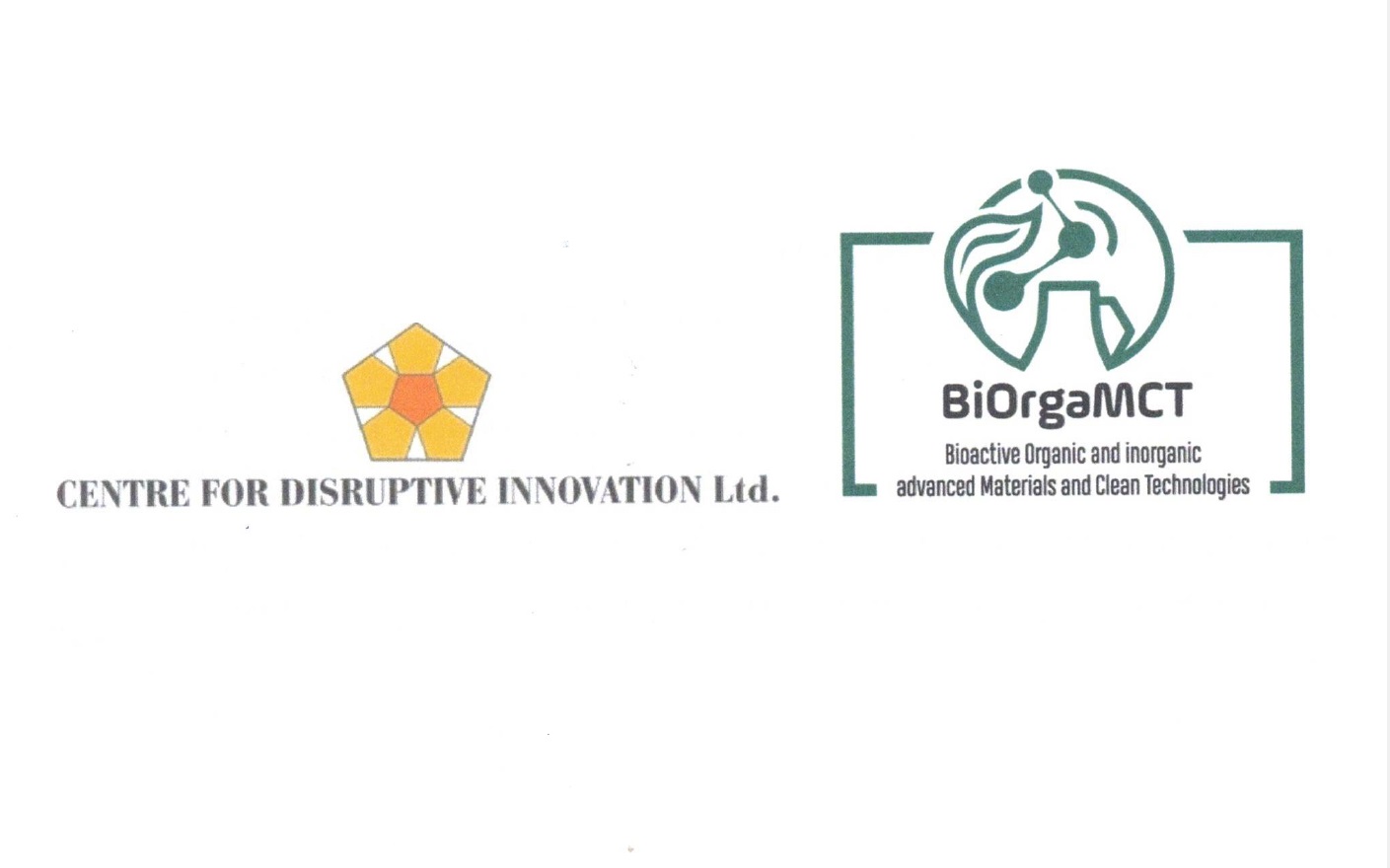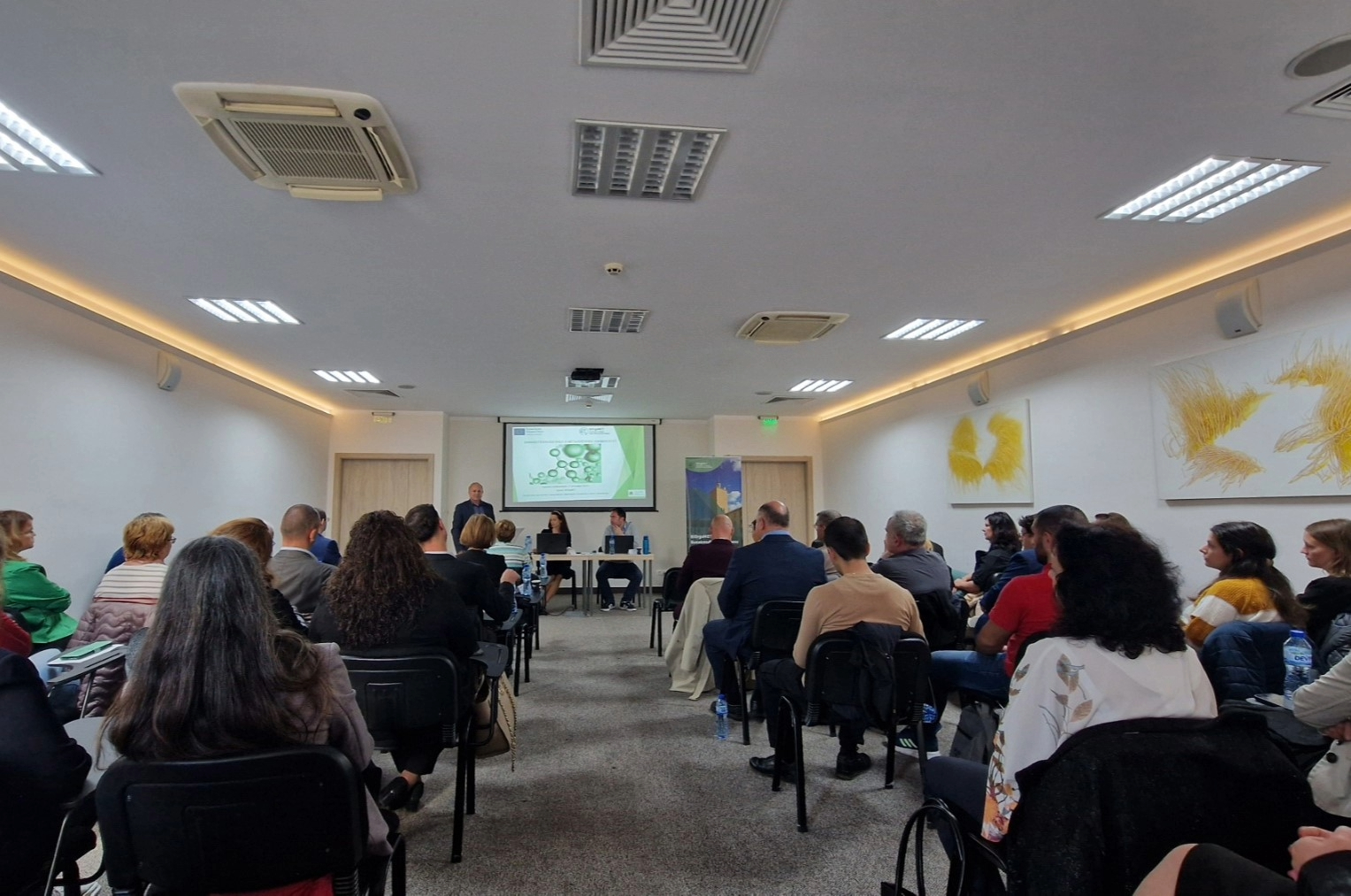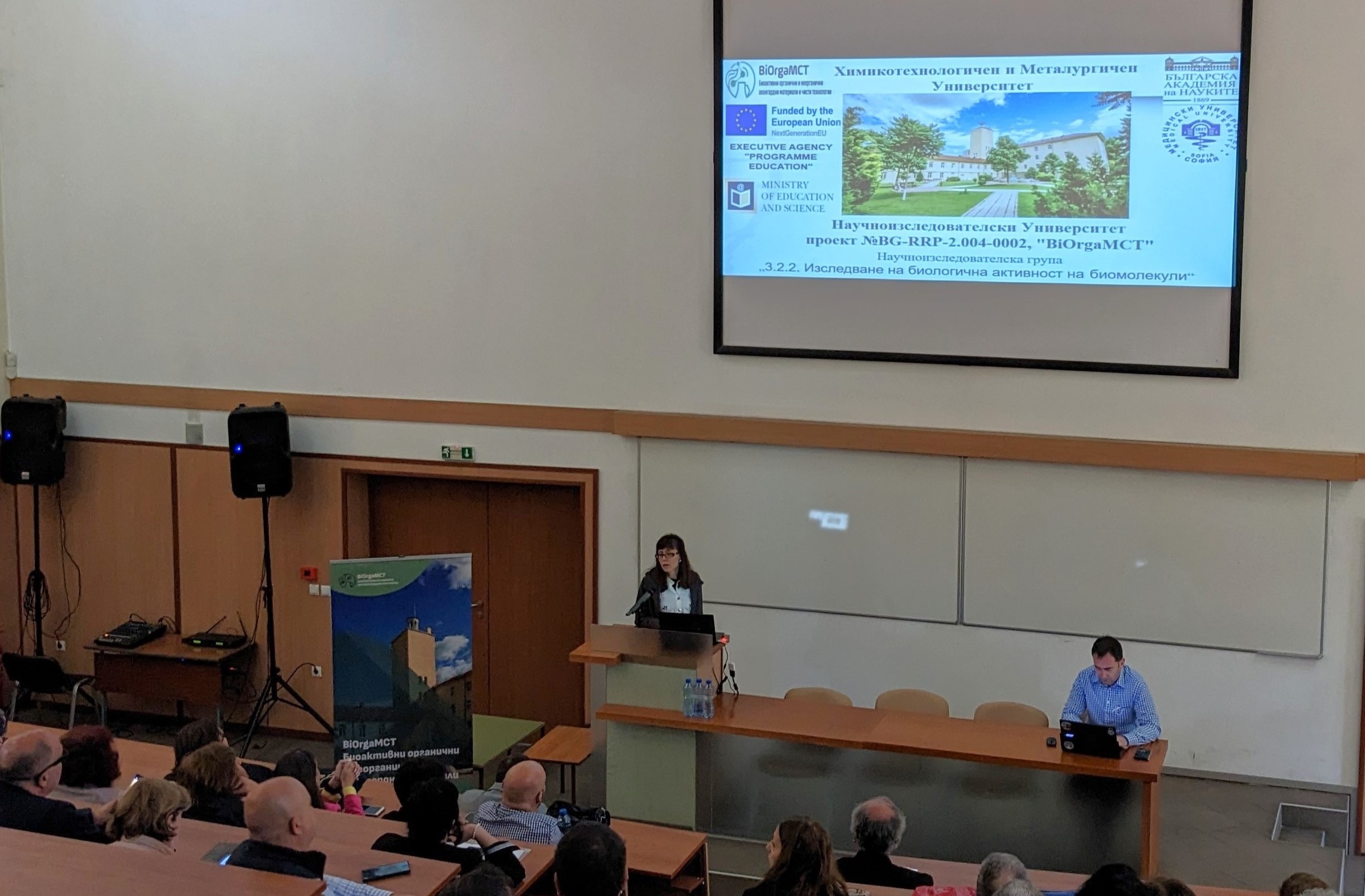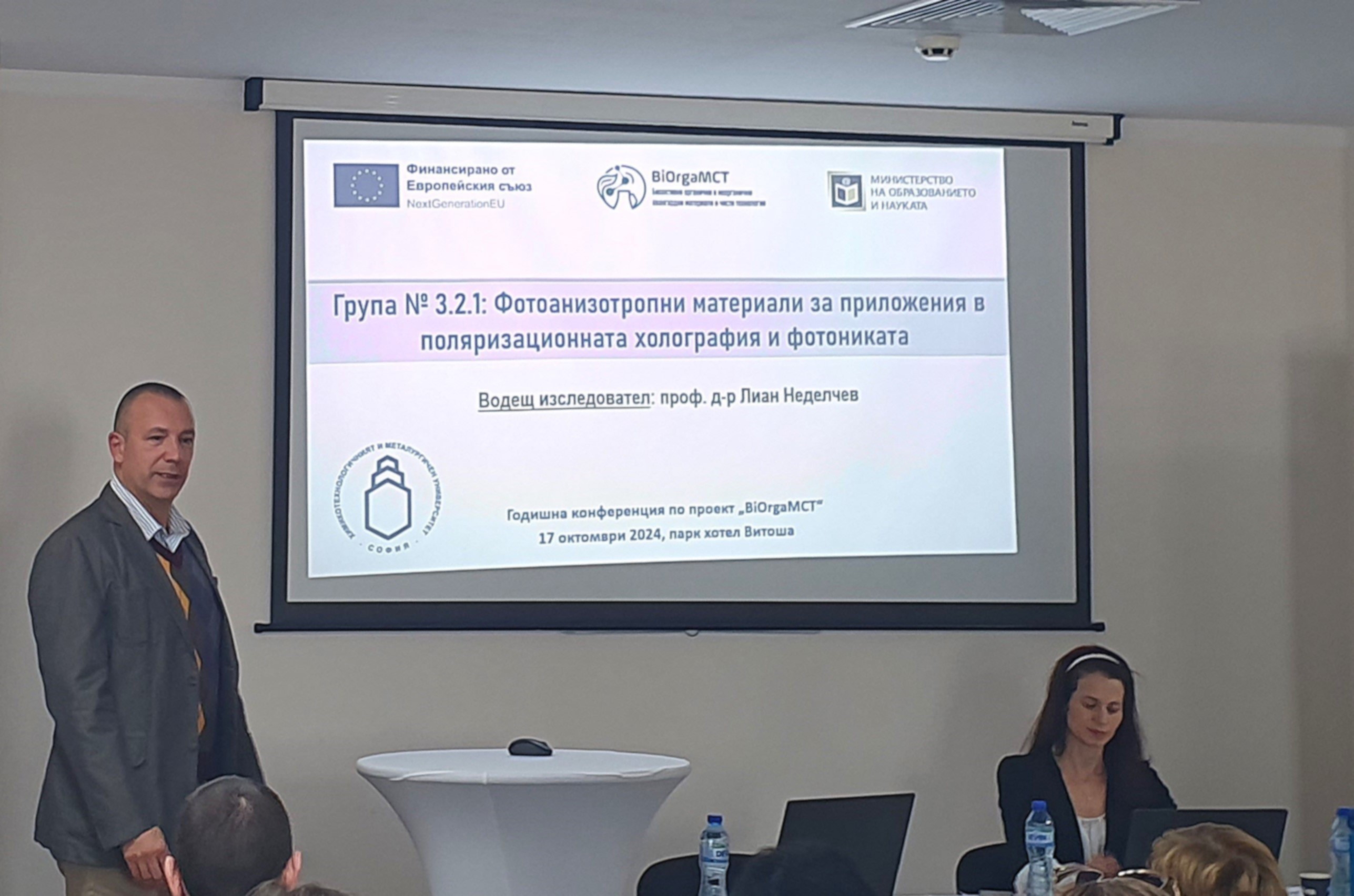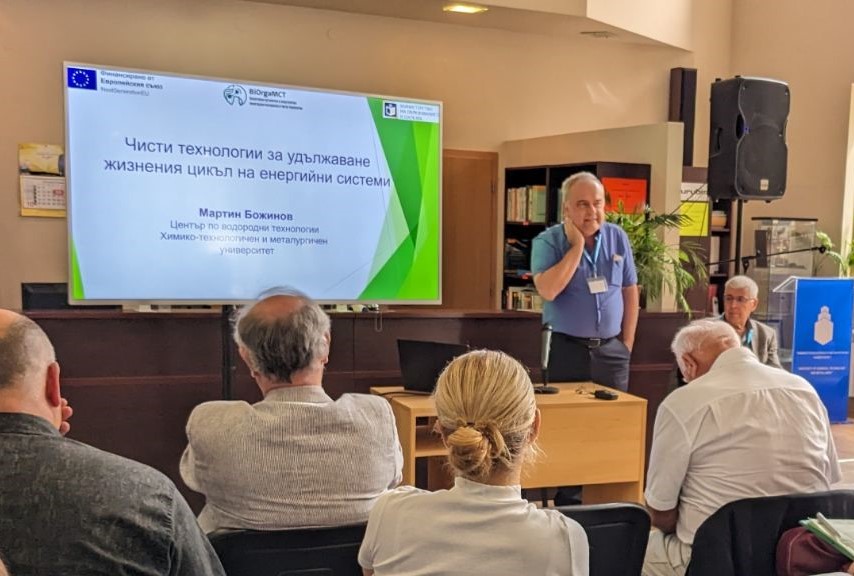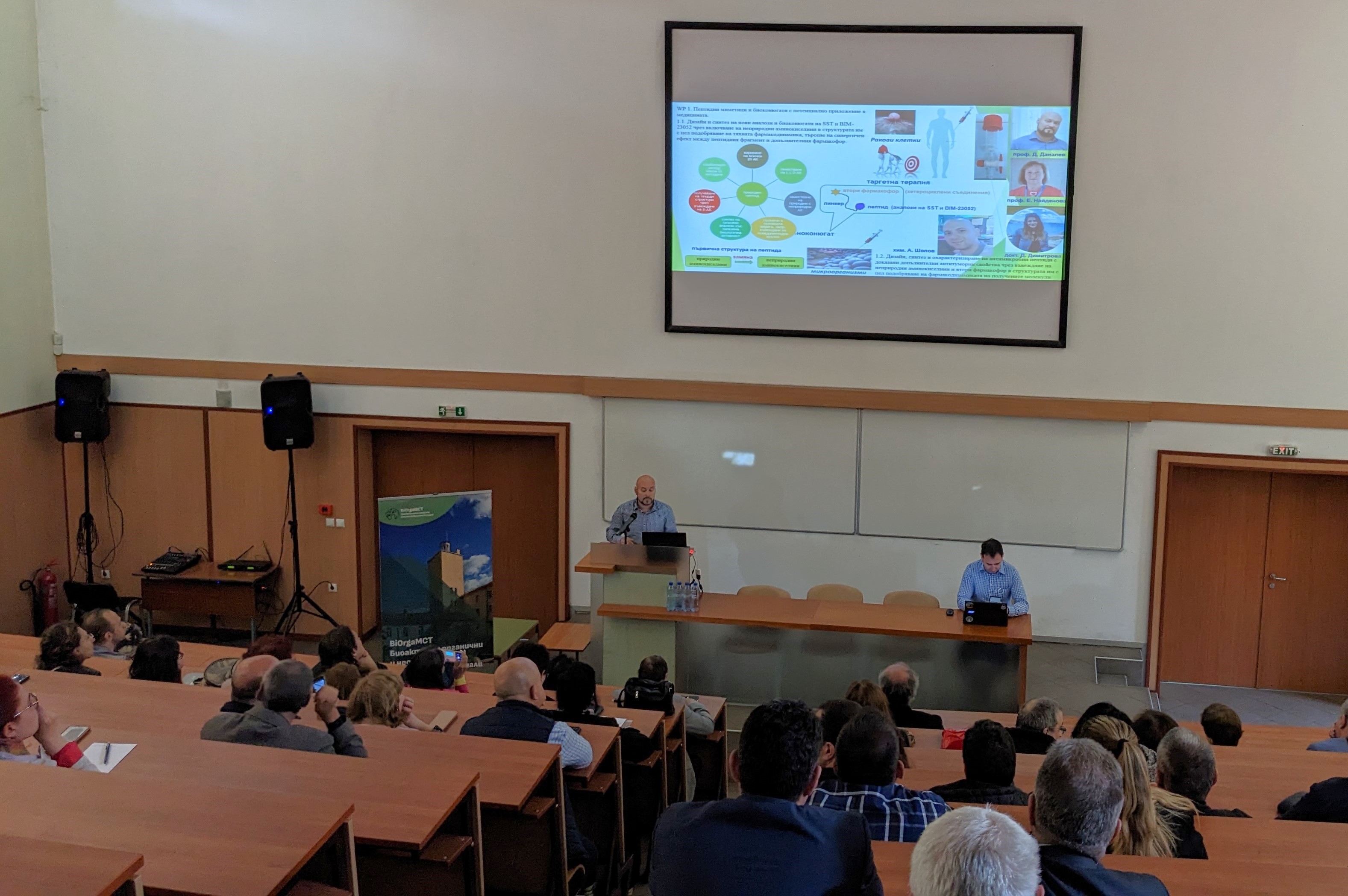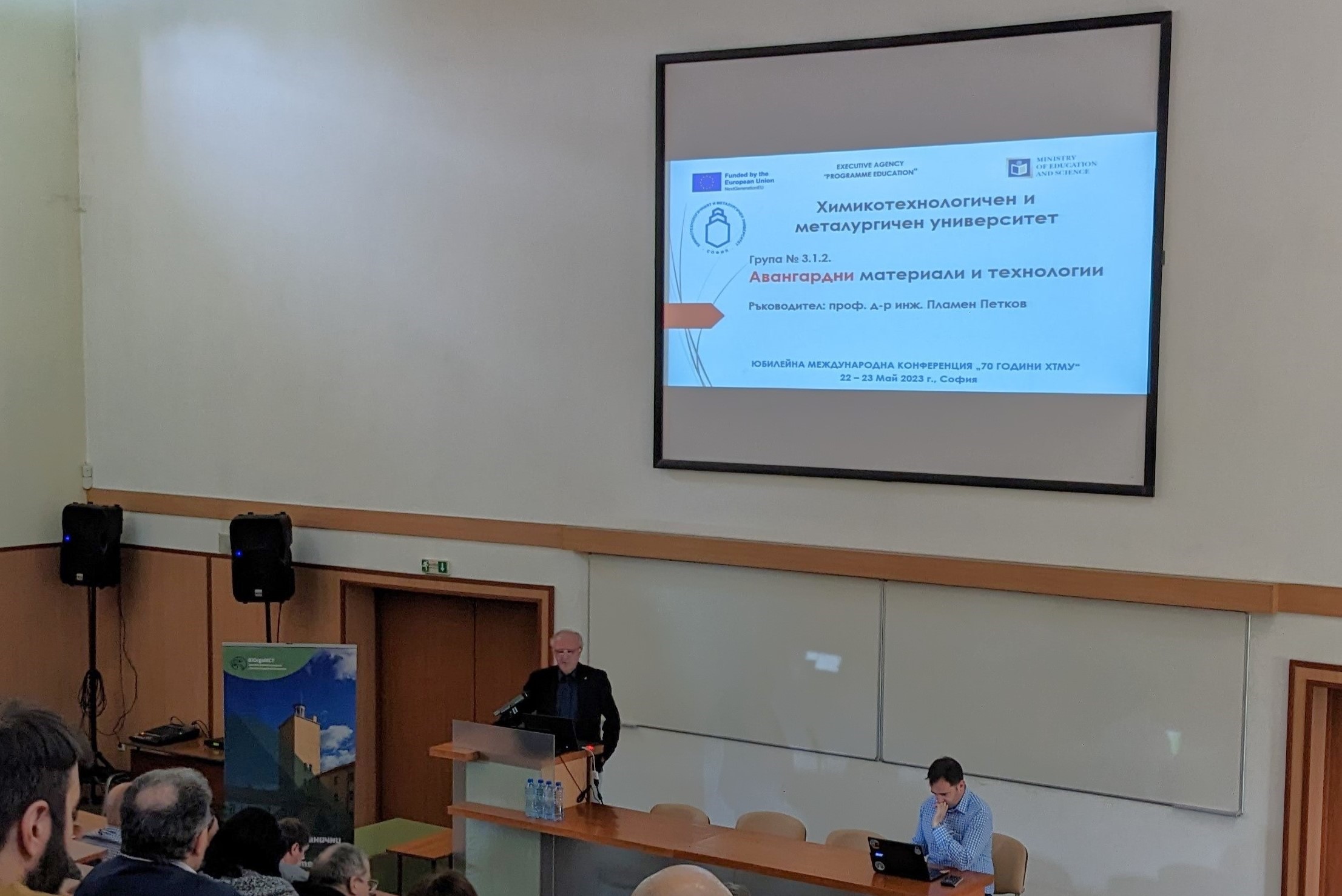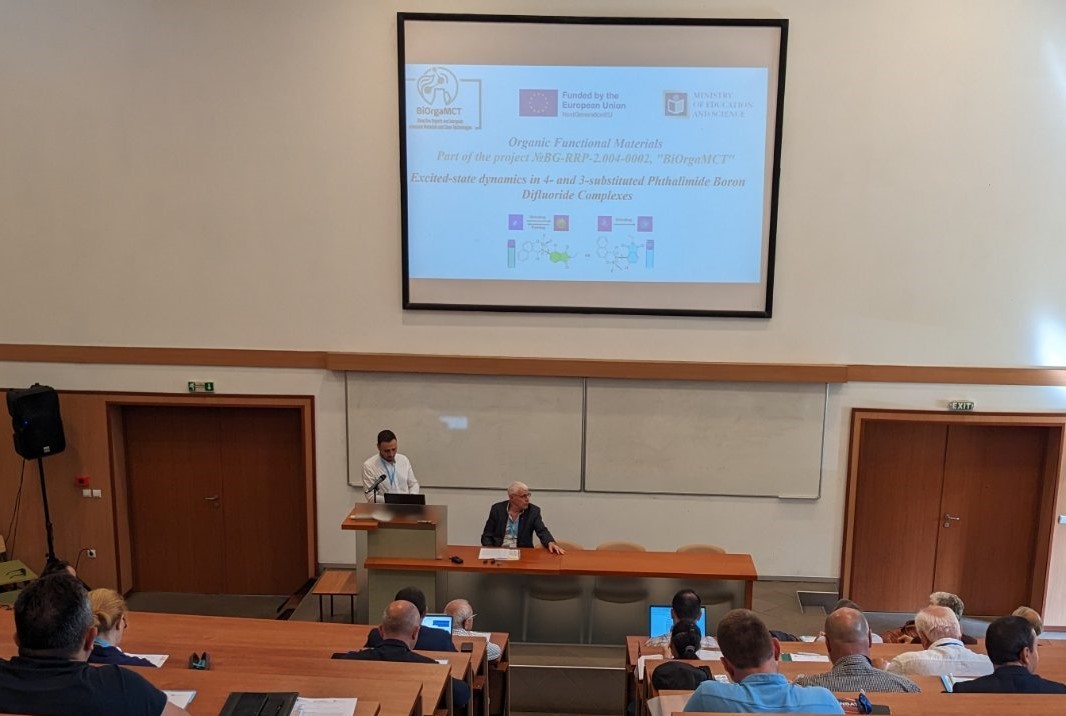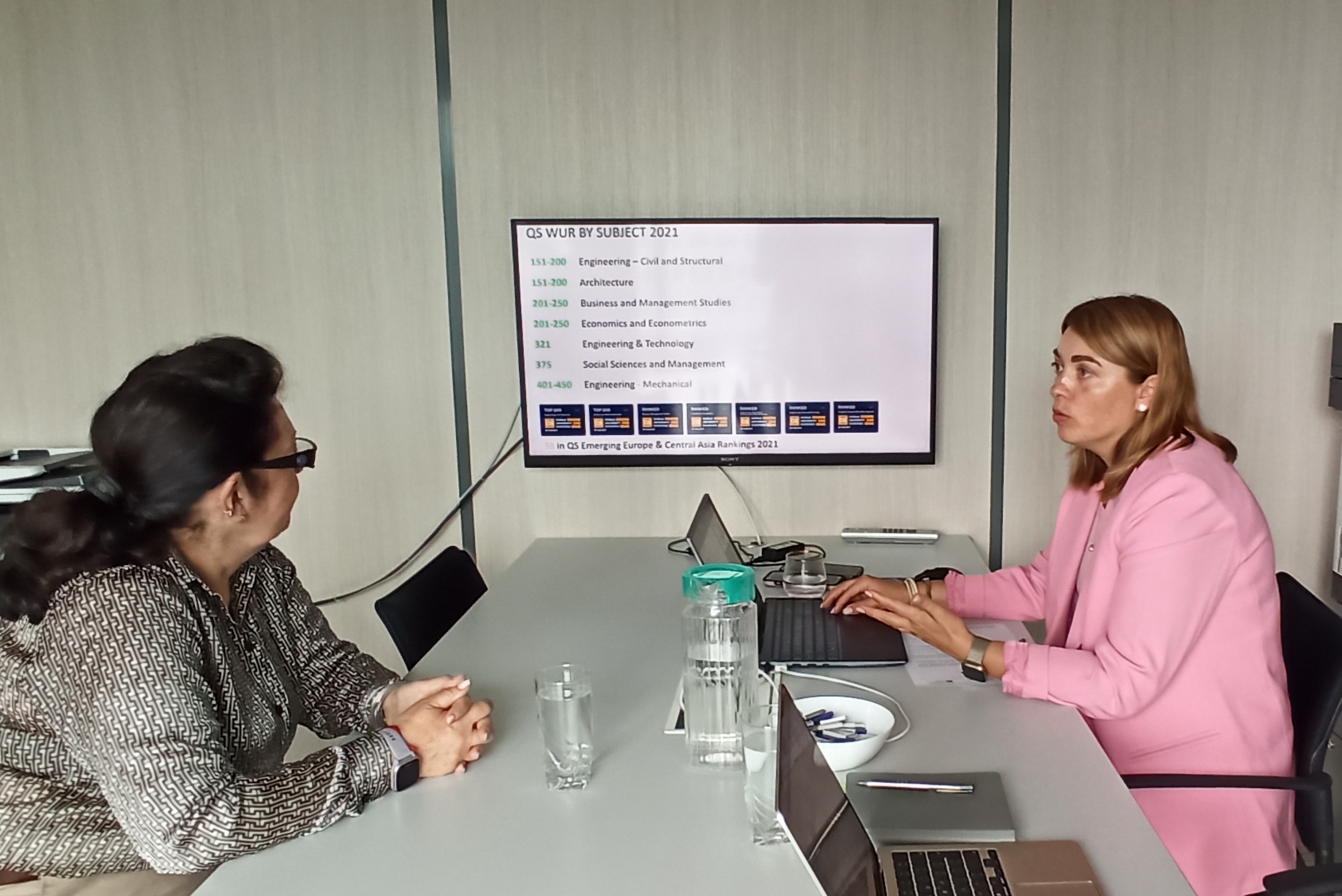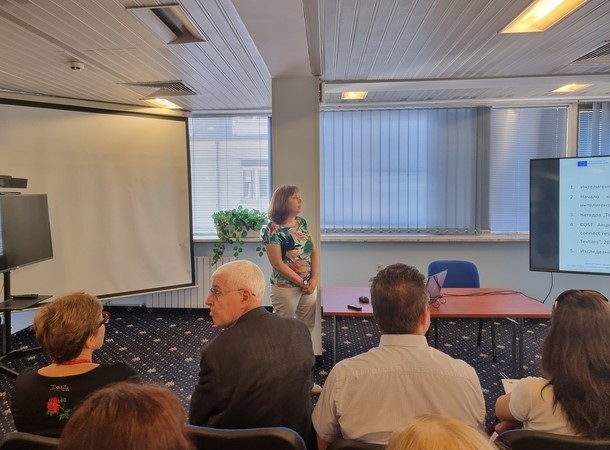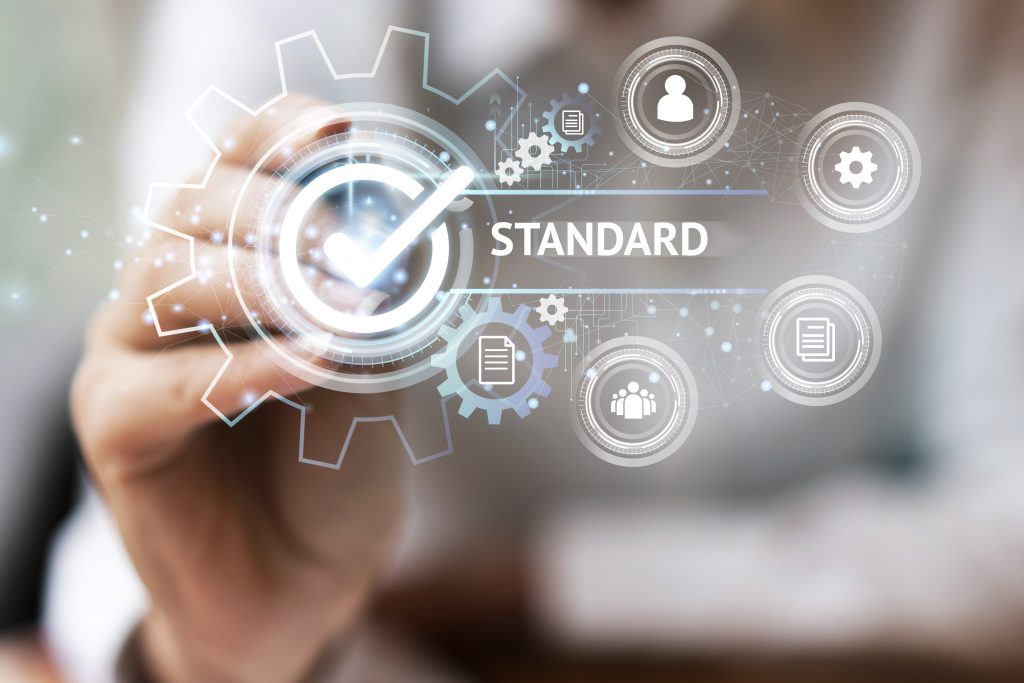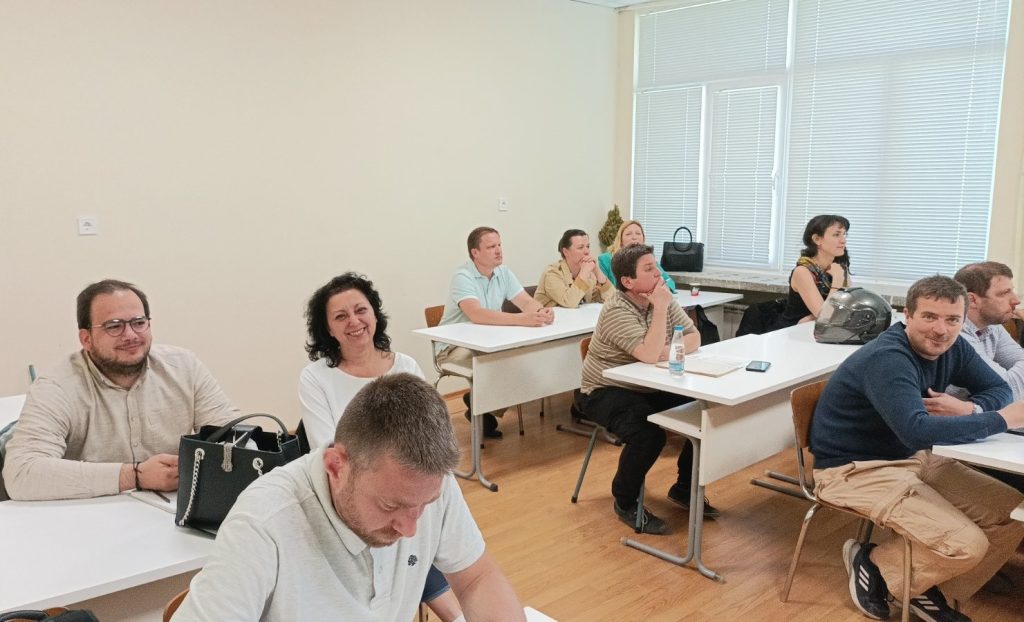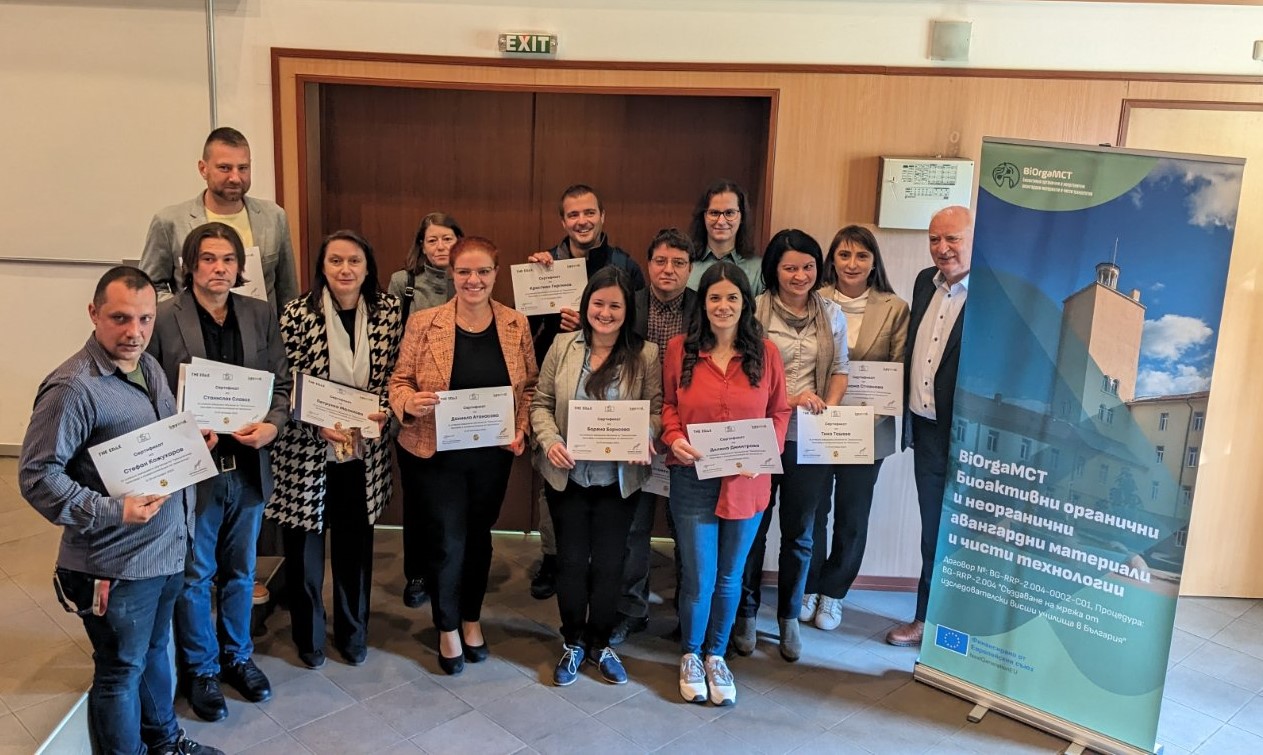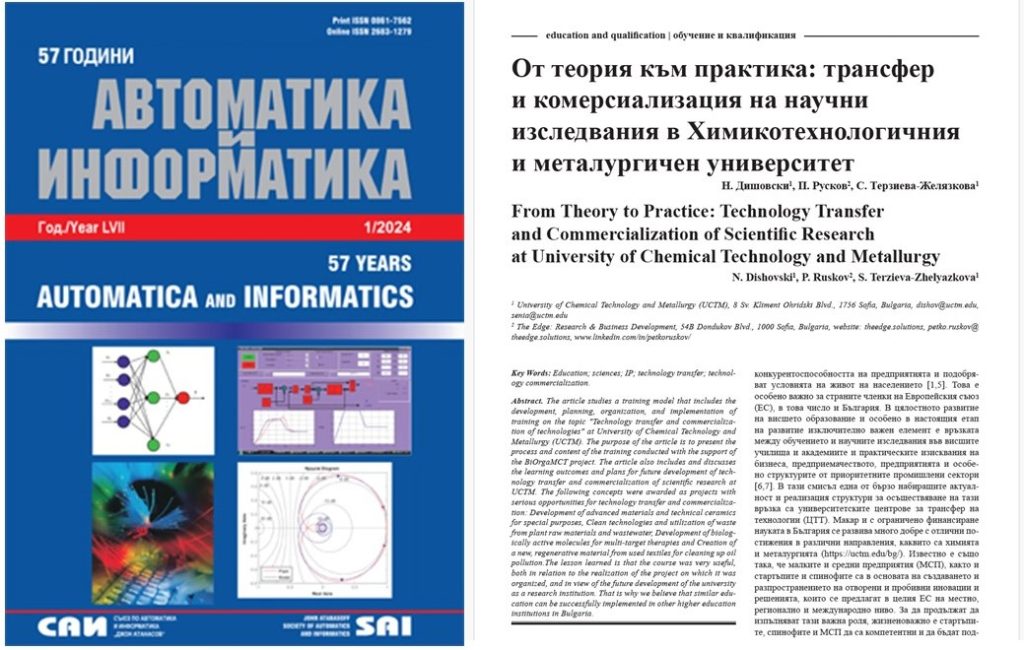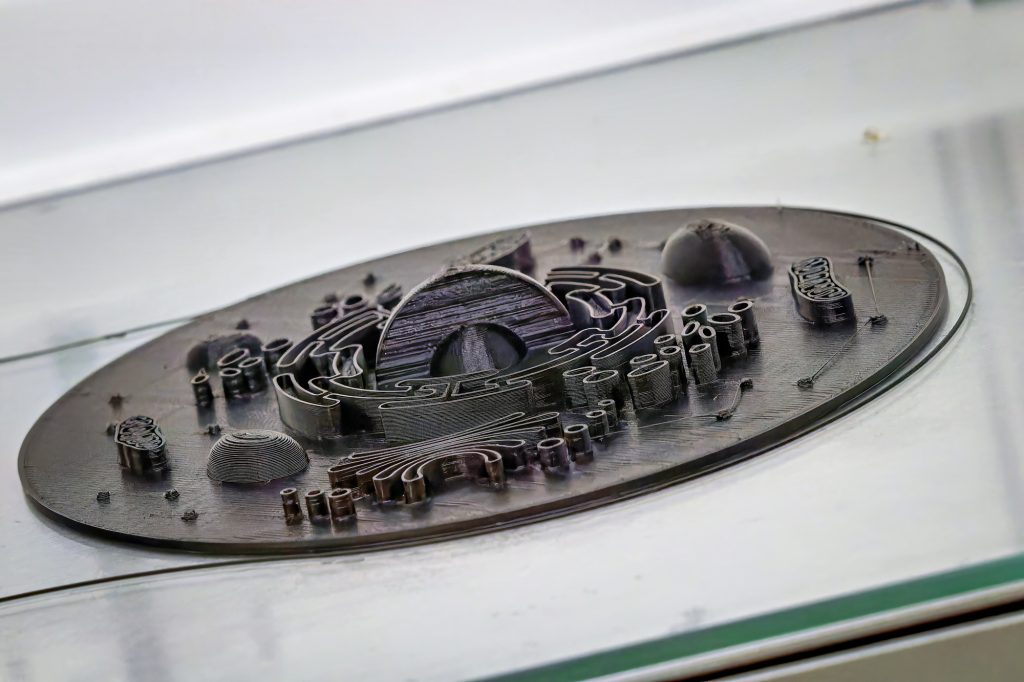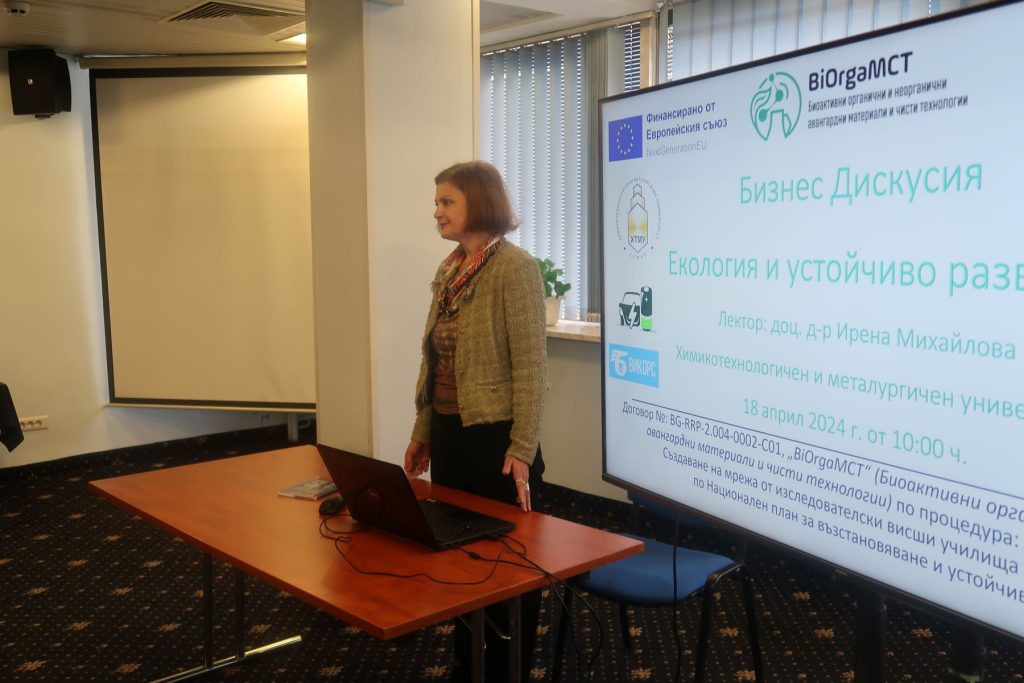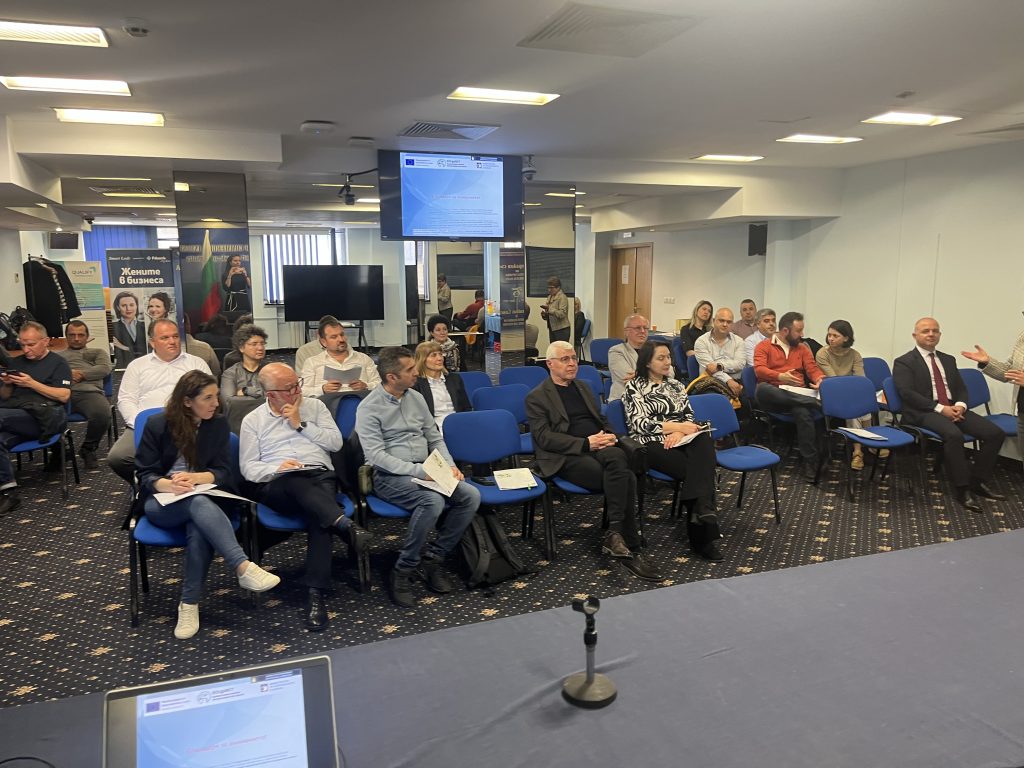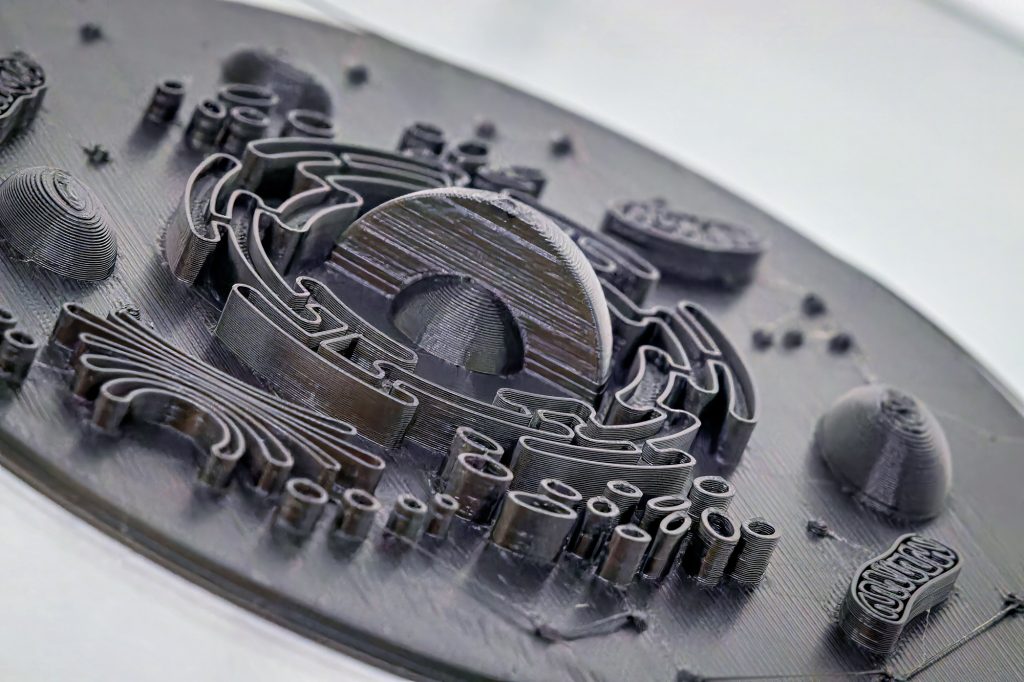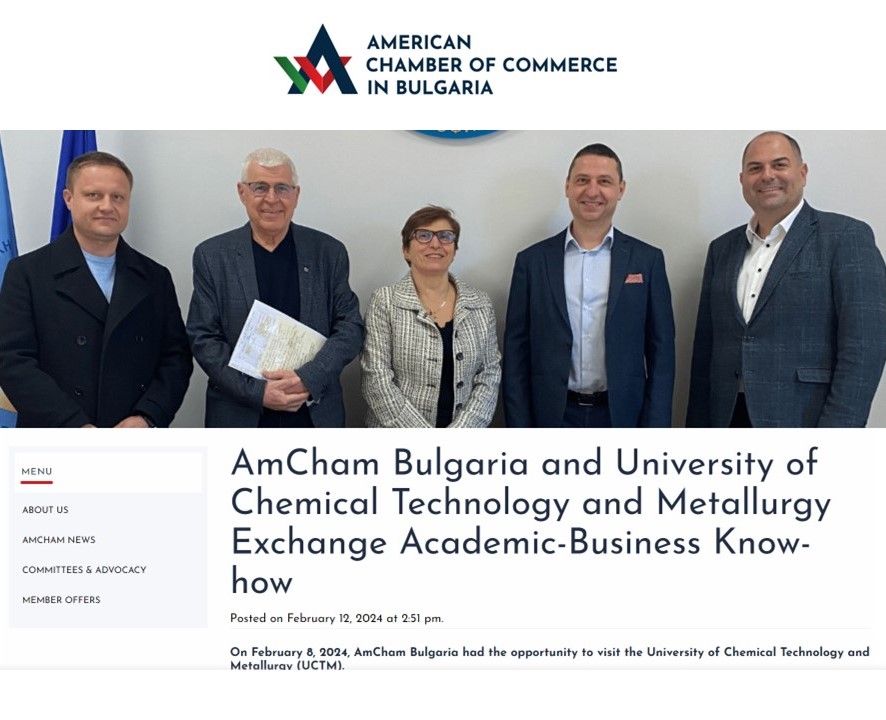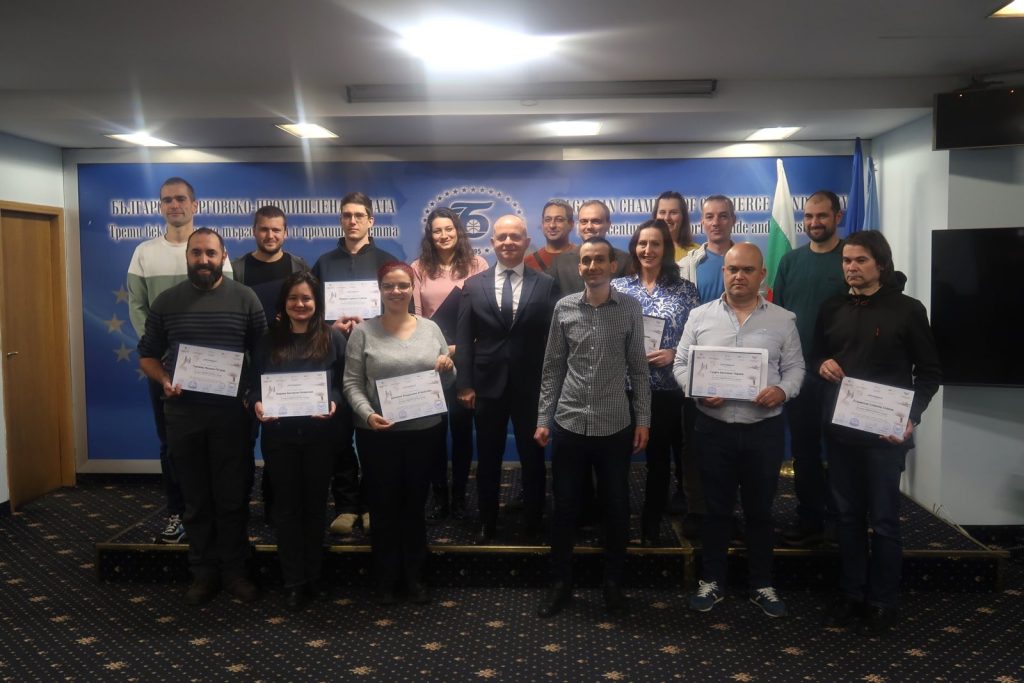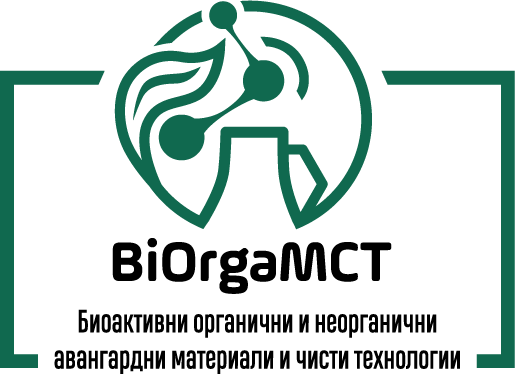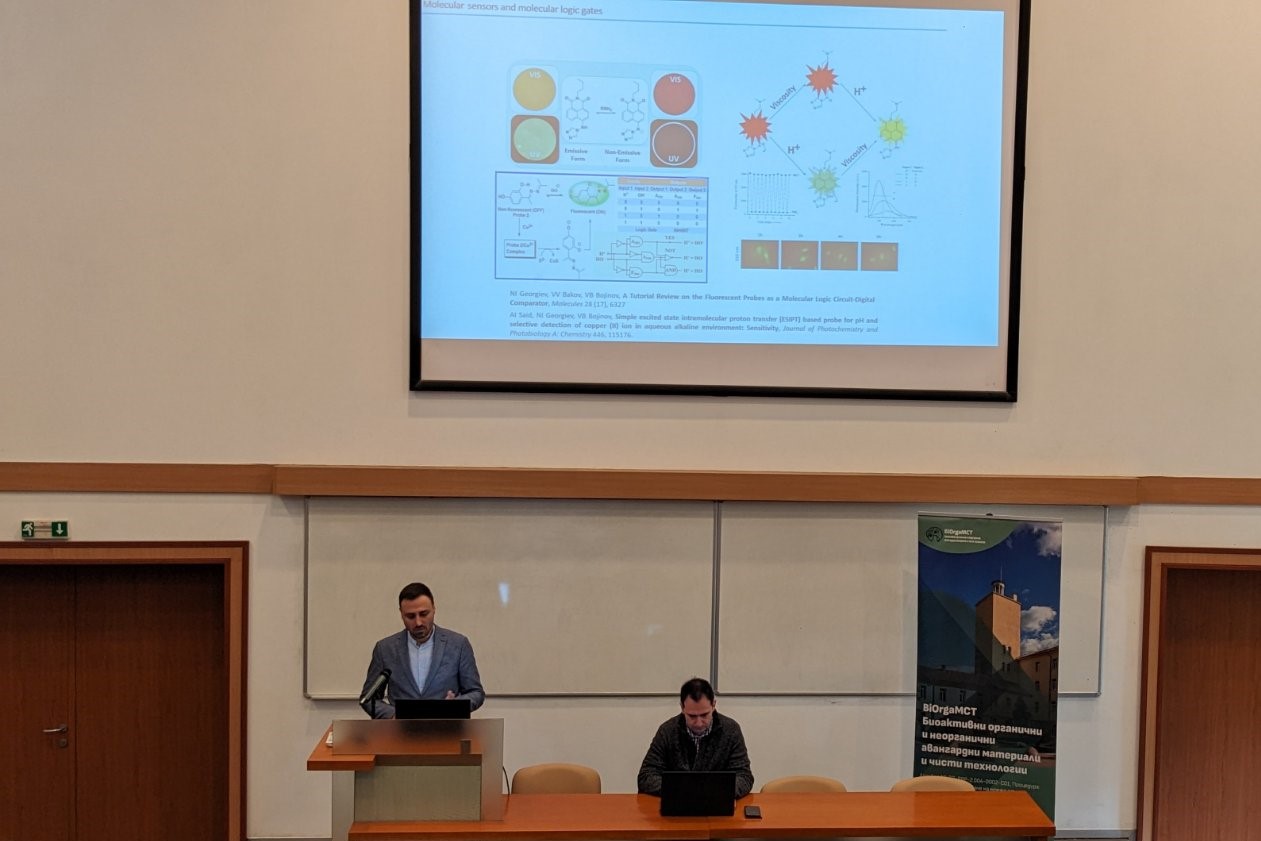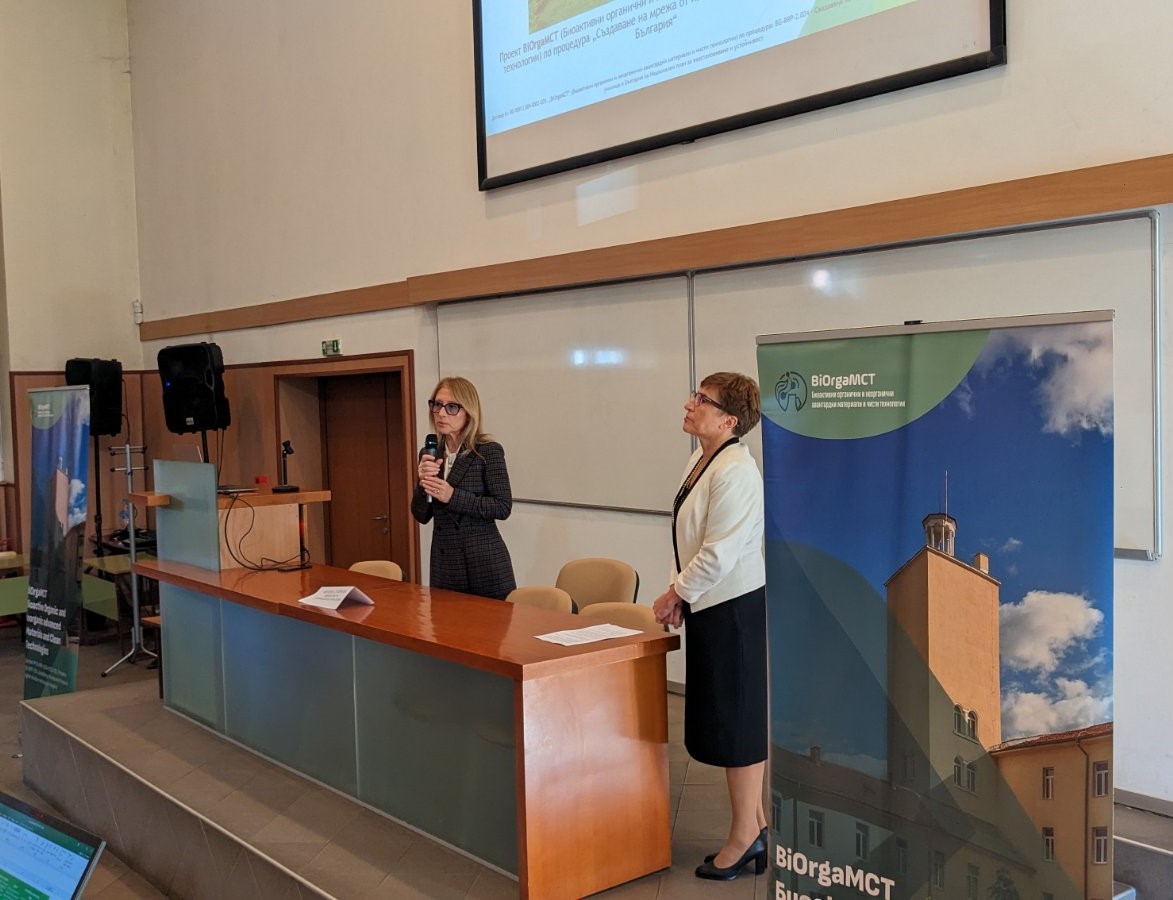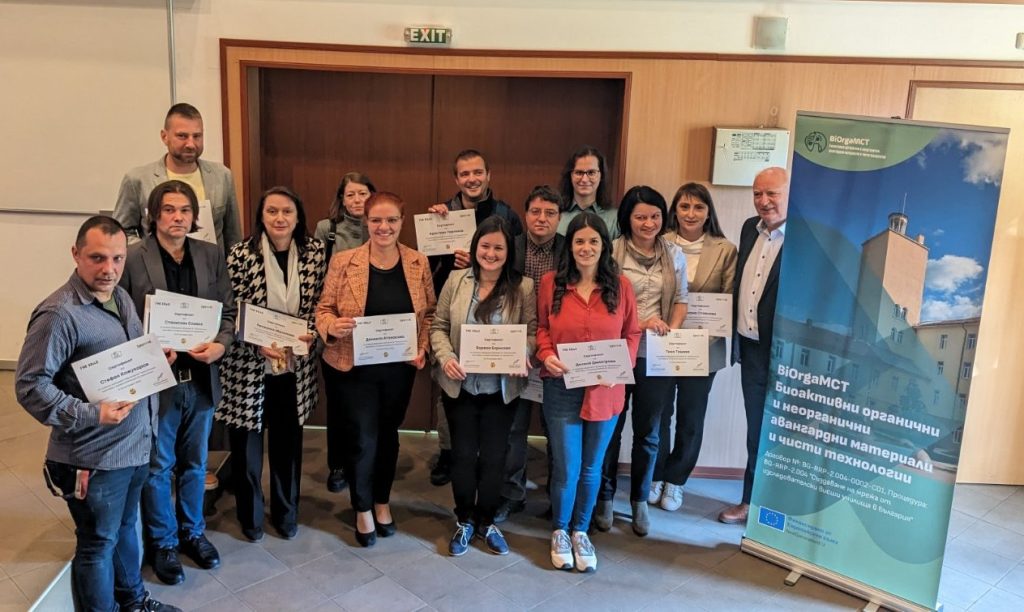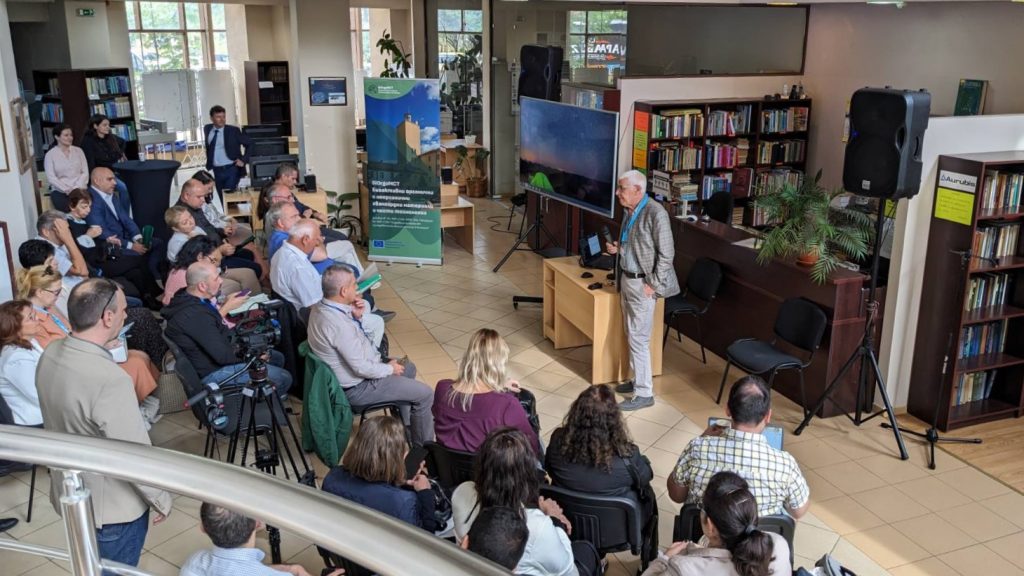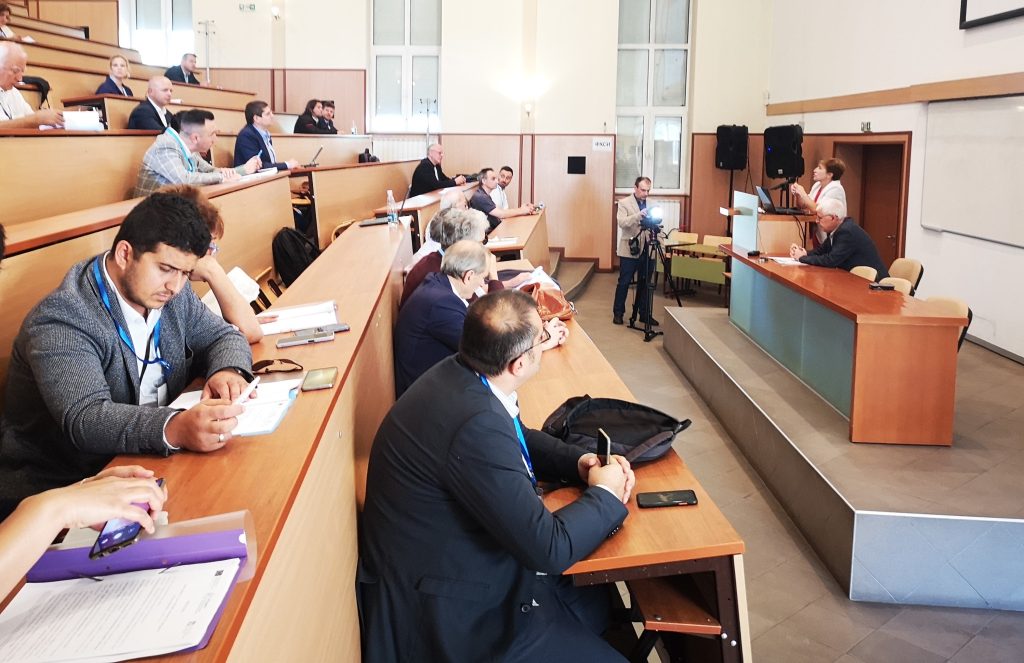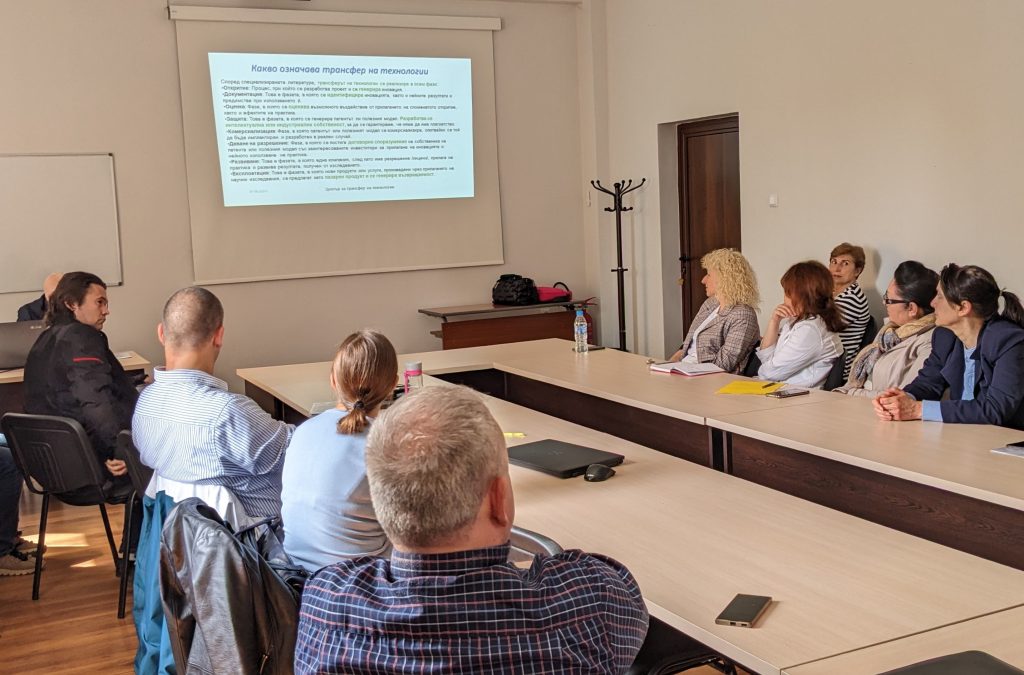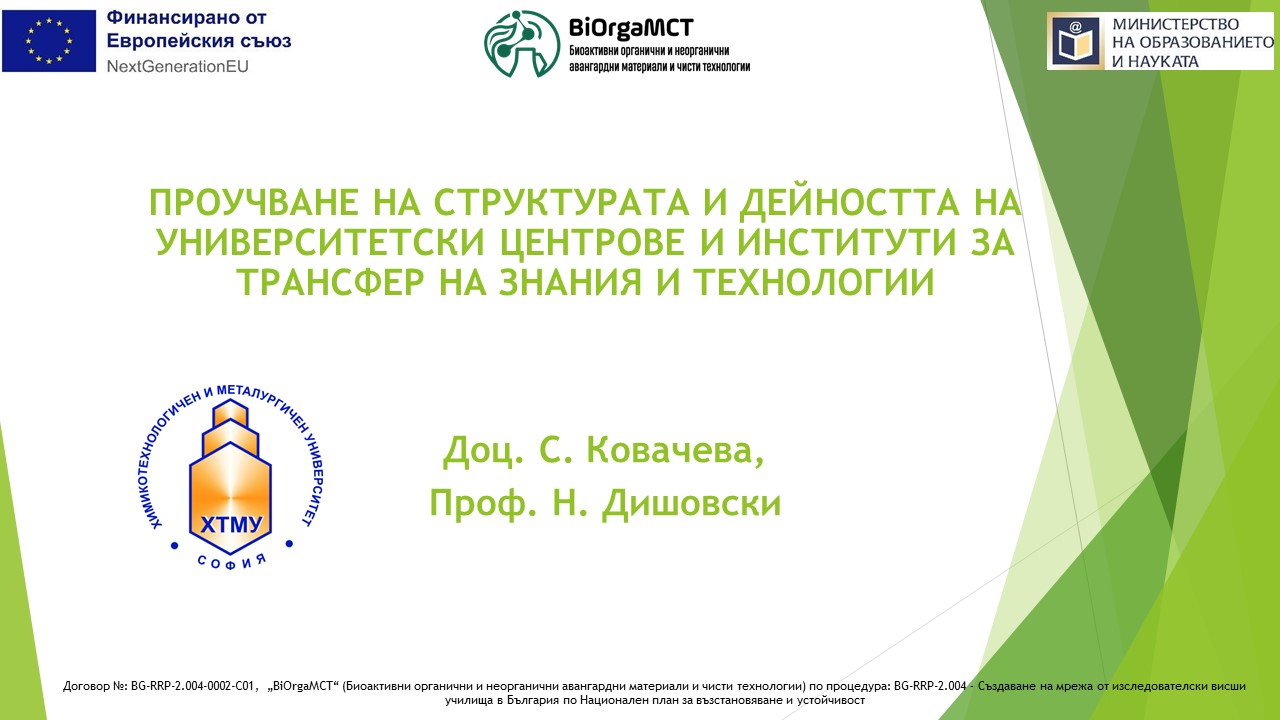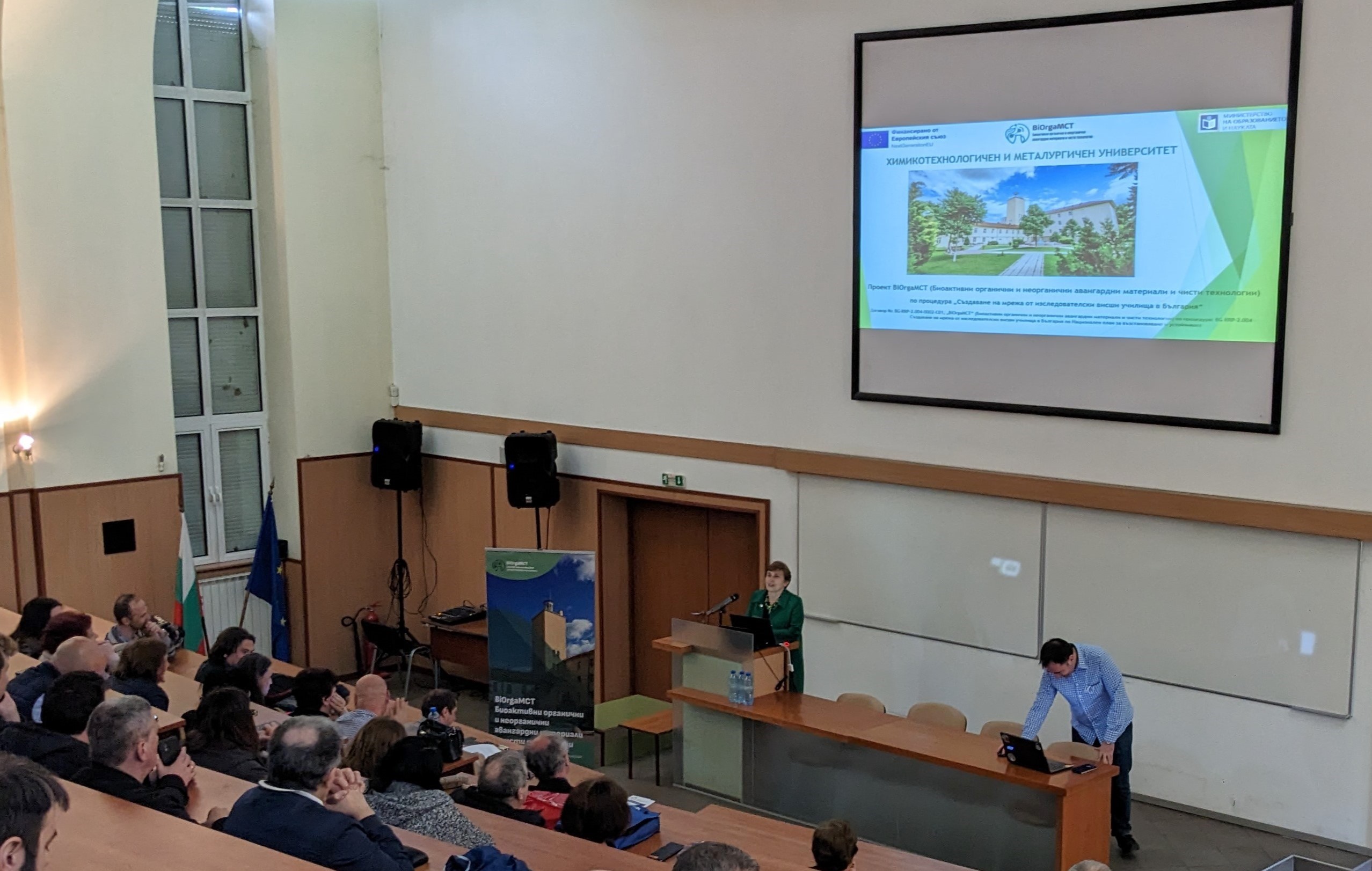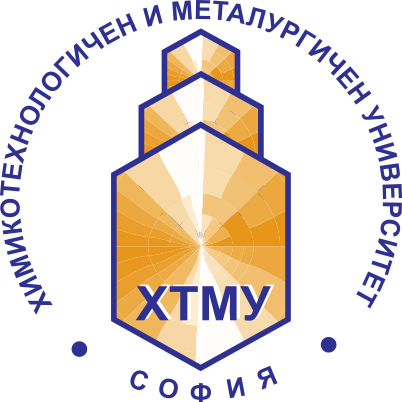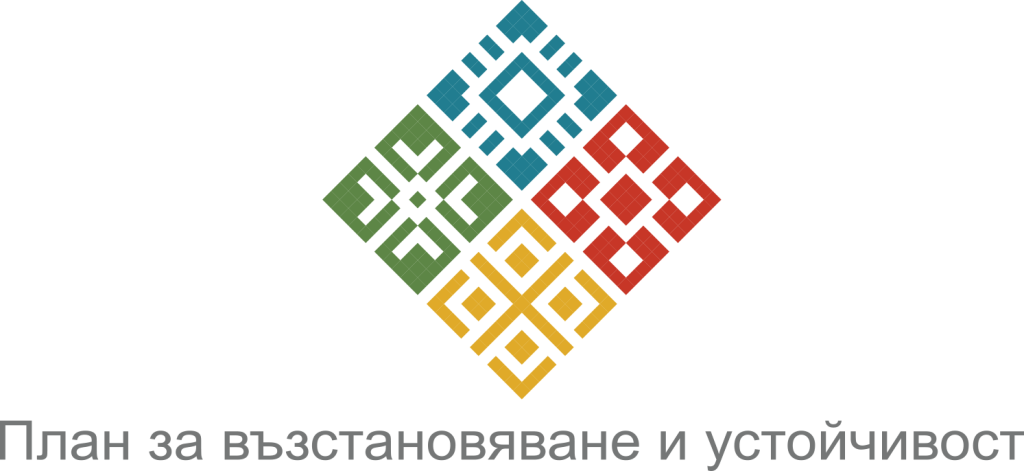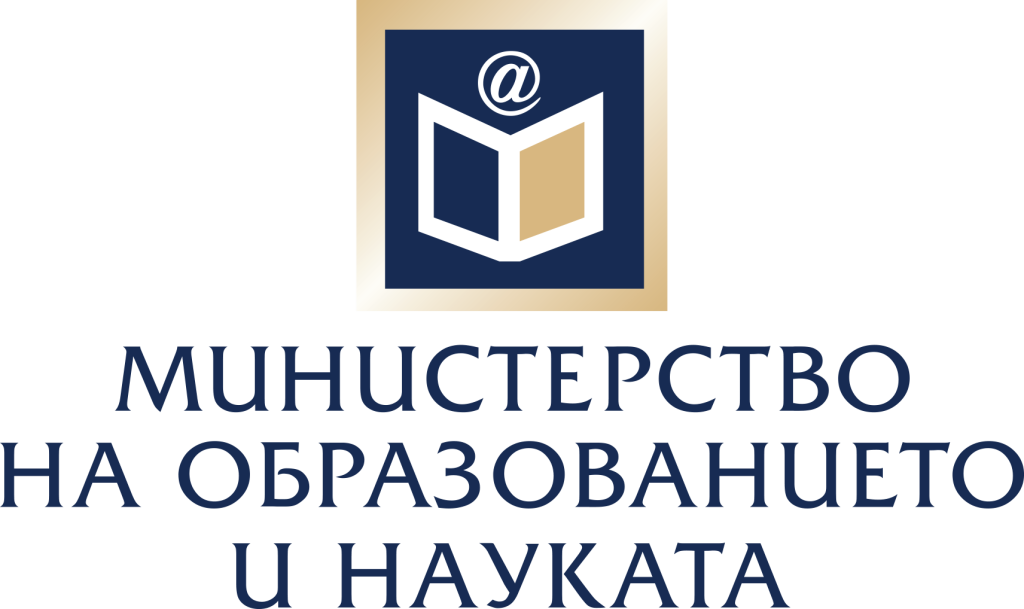About the event
On 7 June 2023, Prof. Nikolay Dishovski, head of the Centre for Technology Transfer at UCTM, presented to the management of the university and the leading researchers of scientific groups under BiOrgaMCT project, the goals and main activities within the Strategic Program of the CTT.
Within the framework of the program, a centralized model will be implemented to build a university innovation ecosystem for the commercialization of scientific research results and university’s intellectual property objects. The aim is to optimize the technology transfer /TT/ process and according to the current opportunities to support university entrepreneurship, by unifying the functions and competences of the already built structures at the university level and using the expertise available in them.
In order to achieve the objectives of the Strategic Program, the independent unit – Centre for Technology Transfer (CTT) will functionally ensure the implementation of technology transfer and intellectual property protection activities in coordination with other university units such as the University’s Research Sector and Scientific Activities Department.
The Centre was established at the beginning of 2023 in connection with the implementation of project BG-RRP-2.004-0002-C01, “BiOrgaMCT” (Bioactive Organic and Inorganic Advanced Materials and Clean Technologies) under the procedure “Establishment of a network of research universities in Bulgaria” under the National Plan for Recovery and Sustainability.
The goal of the BG-RRP-2.004-0002 “BiOrgaMCT” project is the development of research and development activities at UCTM and its transformation into a leading university in key scientific fields, with dynamic international activity and important scientific achievements.
In this regard, six scientific groups have been selected: 1. Organic functional materials, 2. Advanced materials and technologies, 3. Biologically active molecules – design, synthesis, extraction and research, 4. Clean technologies for extending the life cycle of energy systems, 5. Photo anisotropic materials for applications of polarization holography and photonics, 6. Study of biological activity of biomolecules.
On 7 June 2023, Prof. Nikolay Dishovski, head of the Centre for Technology Transfer at UCTM, presented to the management of the university and the leading researchers of scientific groups under BiOrgaMCT project, the goals and main activities within the Strategic Program of the CTT.
Within the framework of the program, a centralized model will be implemented to build a university innovation ecosystem for the commercialization of scientific research results and university’s intellectual property objects. The aim is to optimize the technology transfer /TT/ process and according to the current opportunities to support university entrepreneurship, by unifying the functions and competences of the already built structures at the university level and using the expertise available in them.
In order to achieve the objectives of the Strategic Program, the independent unit – Centre for Technology Transfer (CTT) will functionally ensure the implementation of technology transfer and intellectual property protection activities in coordination with other university units such as the University’s Research Sector and Scientific Activities Department.
The Centre was established at the beginning of 2023 in connection with the implementation of project BG-RRP-2.004-0002-C01, “BiOrgaMCT” (Bioactive Organic and Inorganic Advanced Materials and Clean Technologies) under the procedure “Establishment of a network of research universities in Bulgaria” under the National Plan for Recovery and Sustainability.
The goal of the BG-RRP-2.004-0002 “BiOrgaMCT” project is the development of research and development activities at UCTM and its transformation into a leading university in key scientific fields, with dynamic international activity and important scientific achievements.
In this regard, six scientific groups have been selected: 1. Organic functional materials, 2. Advanced materials and technologies, 3. Biologically active molecules – design, synthesis, extraction and research, 4. Clean technologies for extending the life cycle of energy systems, 5. Photo anisotropic materials for applications of polarization holography and photonics, 6. Study of biological activity of biomolecules.

